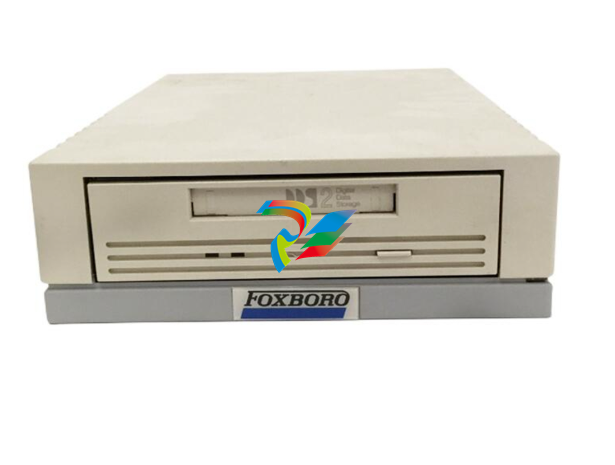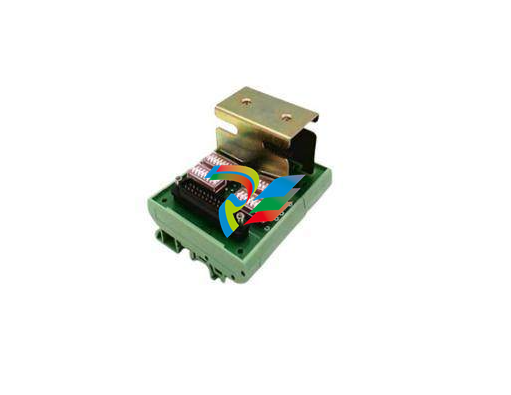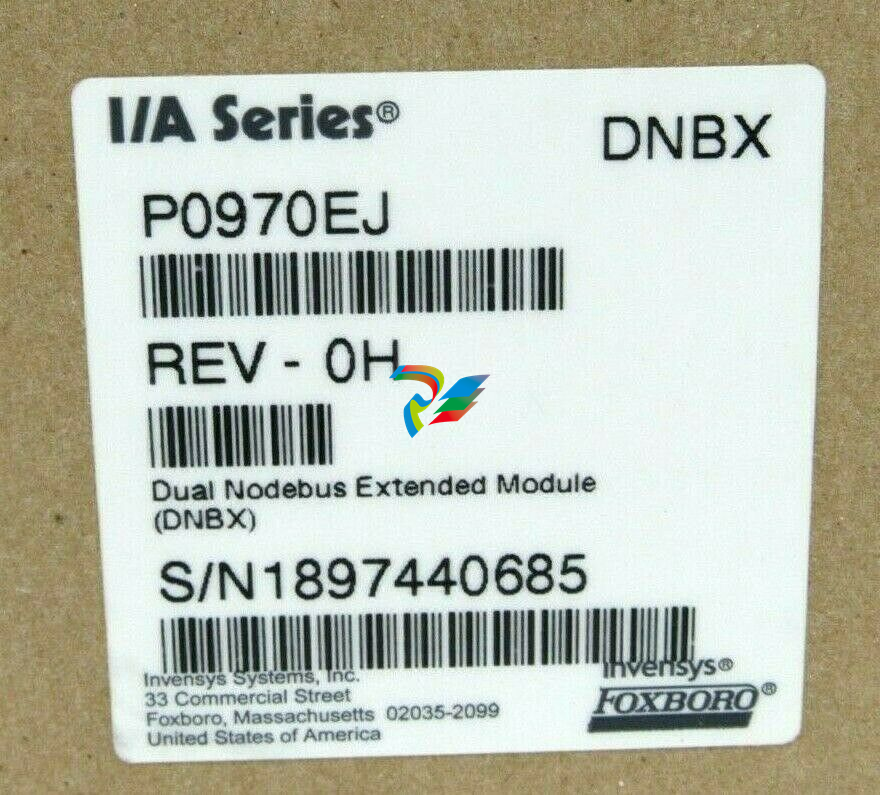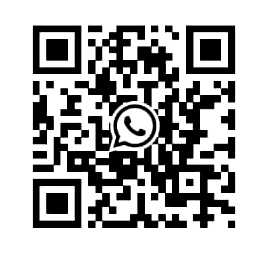
What Control Engineers Should Know About Industry 4.0
When data can be exchanged between process steps and between different planning and scheduling solutions, energy can be used more efficiently. Energy can also be used at times when electricity is more affordable, and production quality can be more consistent.
Implications and challenges
What implication does Industry 4.0 have for control engineers and how will control engineering impact Industry 4.0? Here are some emerging research directions, implementation considerations and potential challenges.
Distributed control and network control. What the authors see in many different areas—such as in the energy or telecommunication industries—is the desire for distributed and network modeling and associated control strategies. Distributed systems and network theory provide modeling and control strategies; however, these have not yet found their way into process manufacturing on a widespread basis.
The authors are only aware of academic works in this area but are expecting to see success stories soon. A hindrance is the lack of accurate dynamic models for many production processes. Even if it would be possible to derive such models in a concerted effort, there is a need to update them continuously.
Control assessment. Before taking the next leap and developing, for example, a plant-wide control strategyxi, it is important to assess the performance of existing technology. The assessment forms the foundation to motivate further investment in new technologies: Is it worth investing in a new scheduling solution or a new integrated controller technology? The business case and assessment should never be ignored.
Currently, it is possible to assess the performance of a plant to point toward problems with individual PID loops, but this is by no means standard technology, implemented everywherexii. When it comes to the assessment of the performance and maintenance of MPC controllers, the task is even more complicated. There are some reports in the literaturexiii, but it is not typically done in industry in a systematic way.
Lack of standards for information exchange. Vertical and horizontal integration requires that information and data be easily exchanged between different systems. It is one thing to draw a line between two boxes representing solutions, but it is another to transfer data from one to the other practically. There are some standards such as OPC that address this problem, but it is still a challenge to configure adapters that can interpret the data correctly.
In particular, it is necessary to build an asset structure as has been proposed in other standards such as ISA95, Namur Open Architecture (NOA), AutomationML and others. Arguably, control engineers should participate more in the standardization bodies to keep the control perspective in mind.
Cross-discipline knowledge required. Control engineering has always been a multidisciplinary subject. Control engineers have their homes in electrical, mechanical, chemical, industrial, process and aeronautical engineering departments, sometimes even in mathematics. As a result, control engineers may not combine forces as much as may be necessary. If you are a control engineer in a production related field, you will have a large exposure to Industry 4.0. In addition, new skill sets are required. Besides the knowledge of control theory as well as of the application, software skills are increasingly important in the era of Industry 4.0.
Engineering education changes. The difficulty is knowing what students should learn in their syllabus. Should control engineers be able to program a PLC or a DCS? Should they learn about software required to exchange information with, for example, a scheduling solution system? We need new degrees to deal with challenges in automation. An understanding of Industry 4.0 and control engineering is required if we really want to reap the benefit of this new revolution, understanding all aspects of production systems and software implementation.
Final thoughts
How do control engineering and Industry 4.0 relate? In this article we have demonstrated that control engineering is an underlying technology of Industry 4.0. However, it is not cited as an underlying pillar in presentations on Industry 4.0, unlike, for example, simulation or robotics.
One could argue that control is such a fundamental engineering science that it contributes to all the different technologies of Industry 4.0. But the real reason could simply be the poor understanding of control among policy makers. Control engineering bodies should try harder to push the topic into the general public. One approach would be to participate more in industrial forums and standardization bodies to work against the alarming trend of increasing disconnect between control engineering and industry.
At the same time, control engineers are sought after by industry, especially as they venture into different domains. Control engineers have a versatile, applicable and comprehensive skill set. Their skills include analysis, simulation, optimization and data analytics. These are sought-after in the context of Industry 4.0.
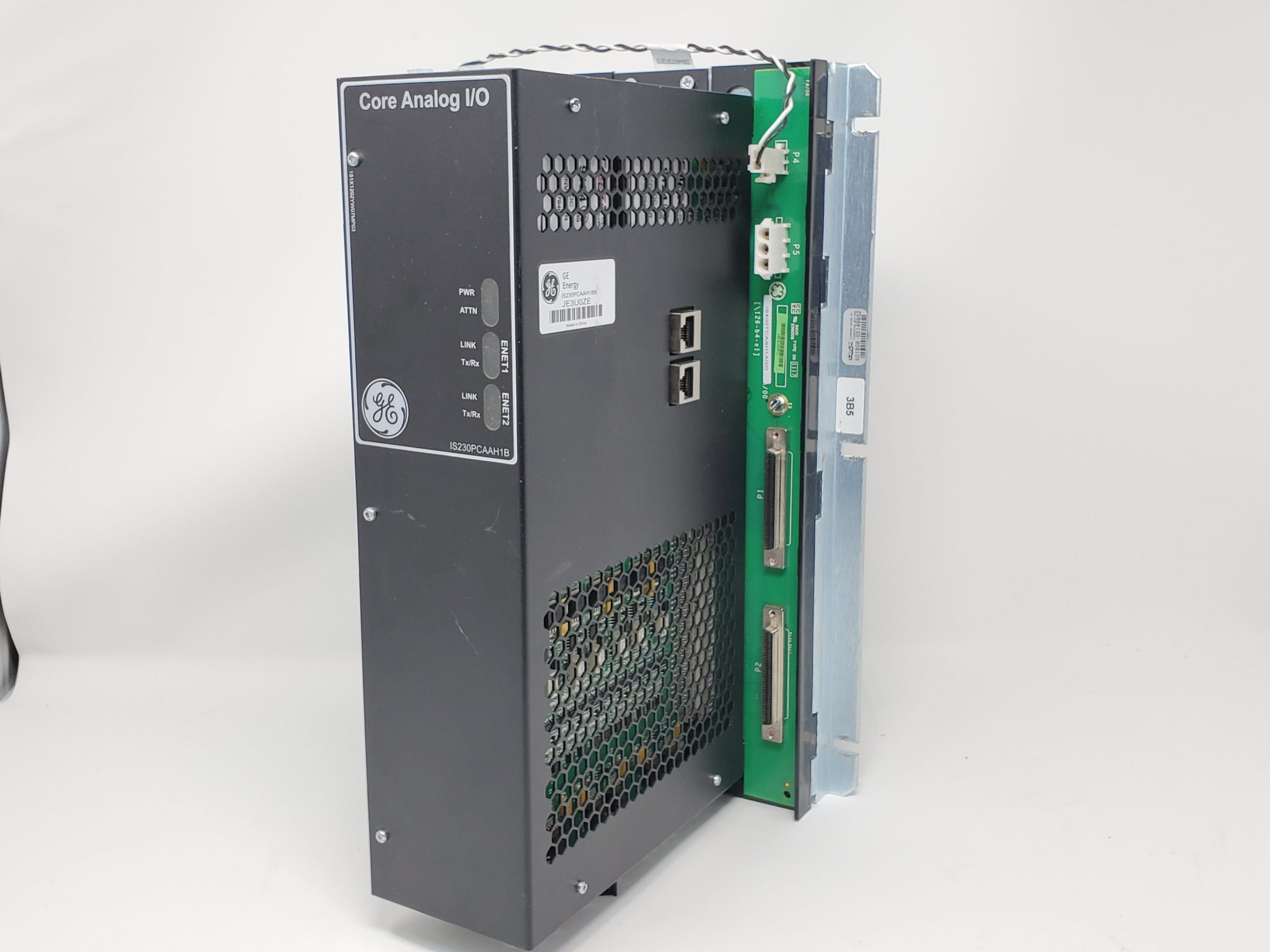

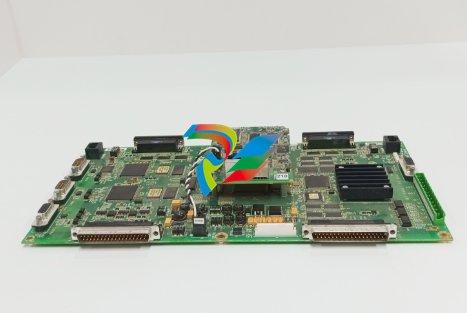
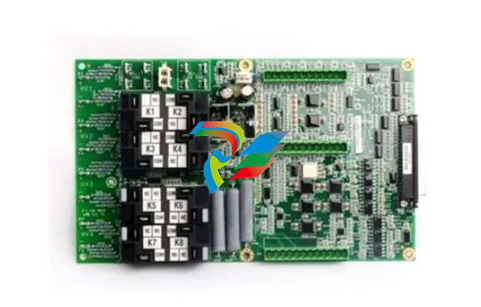
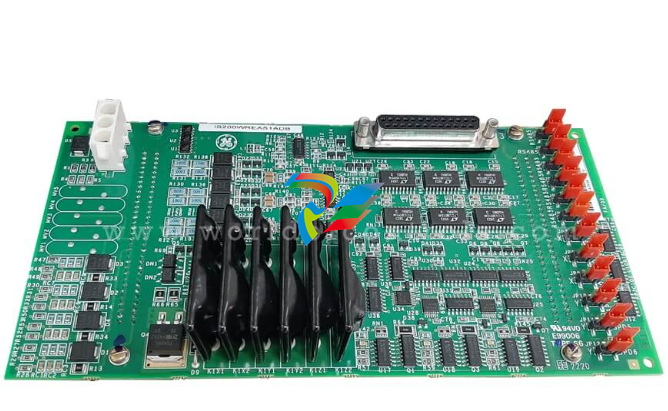
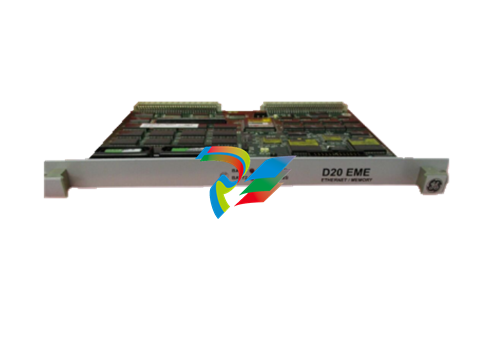
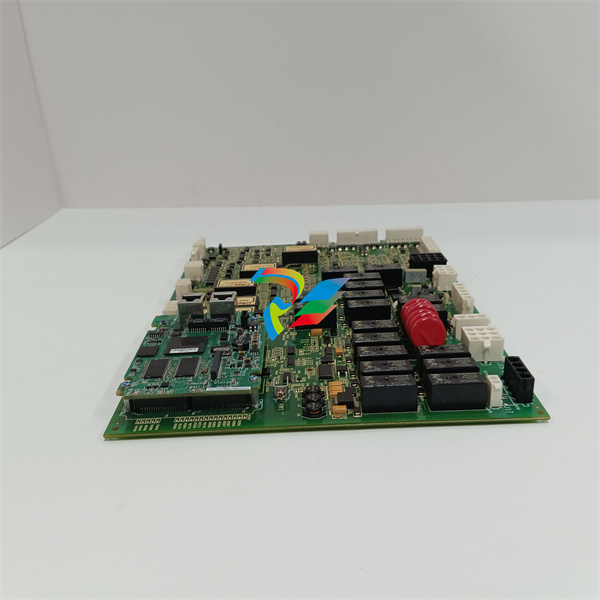
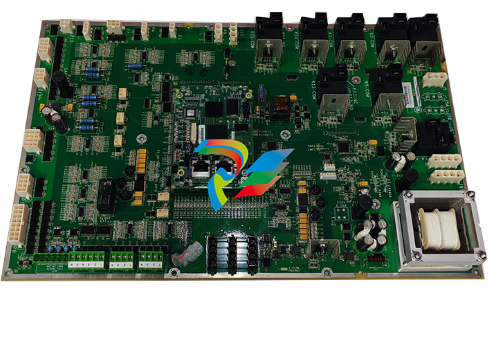
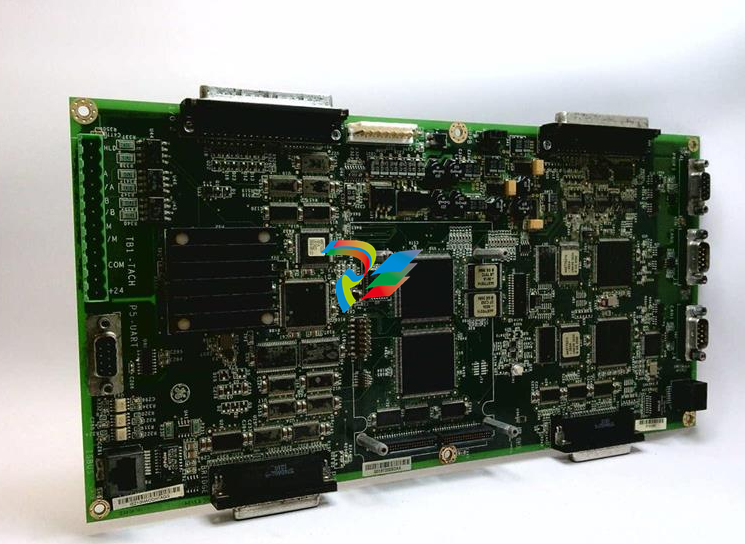
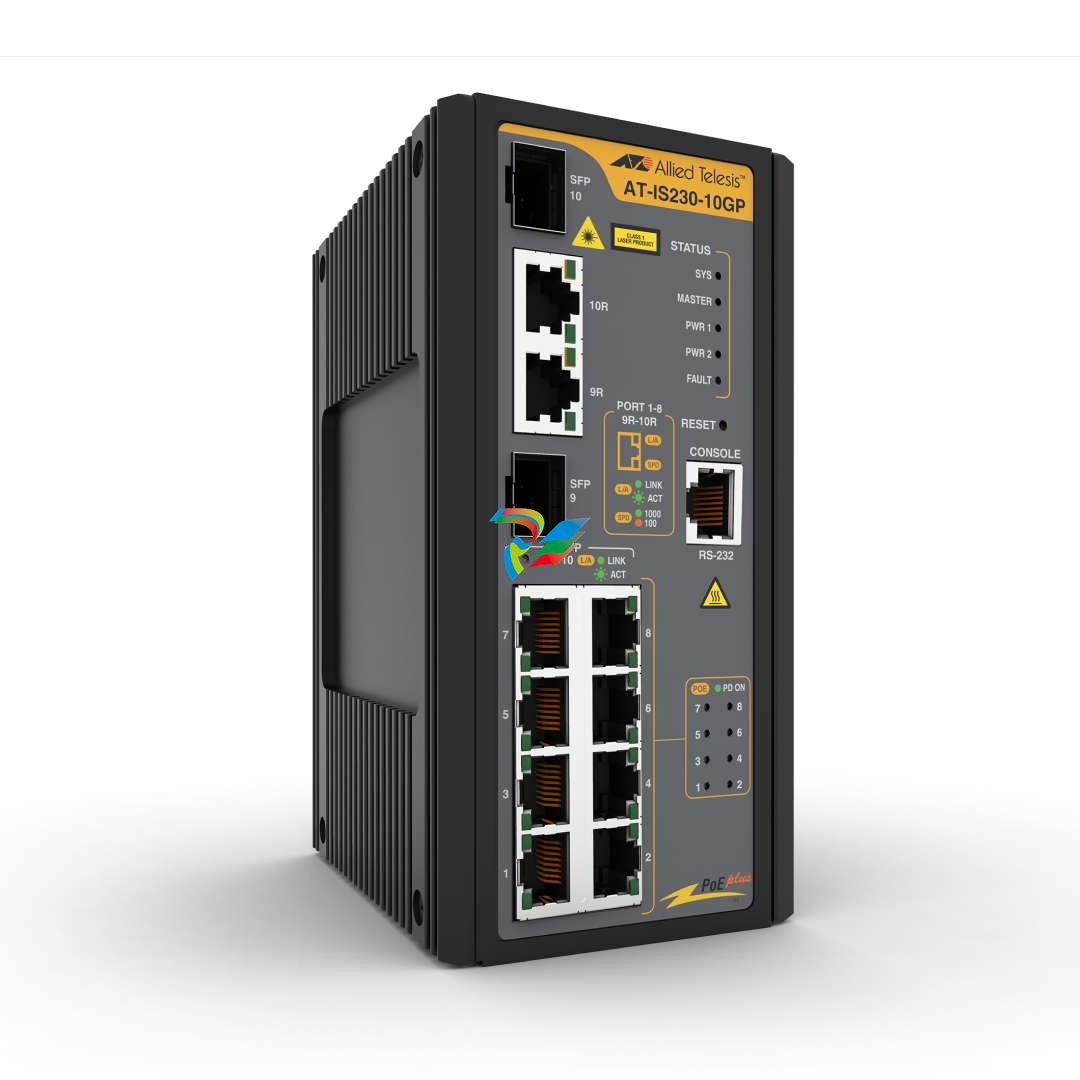
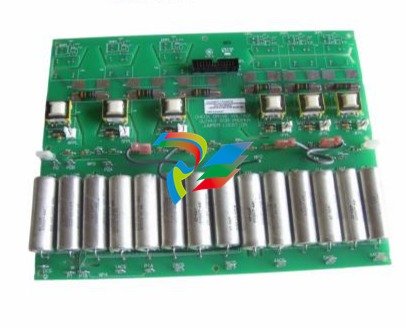
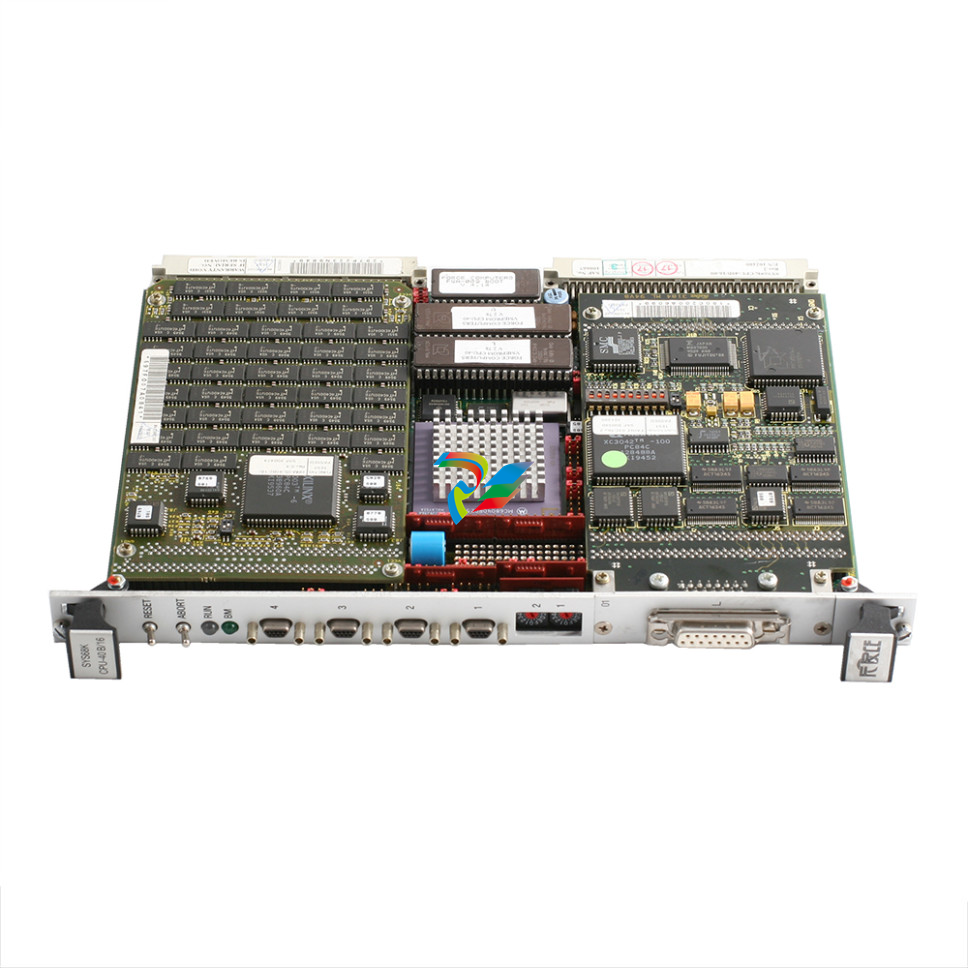
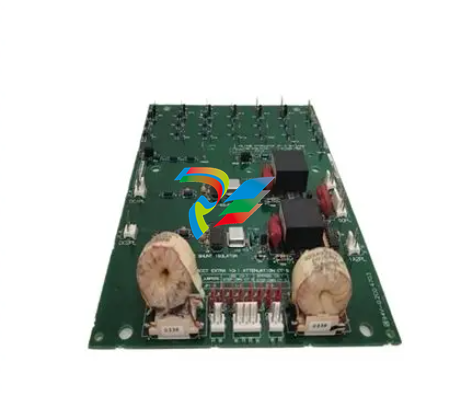
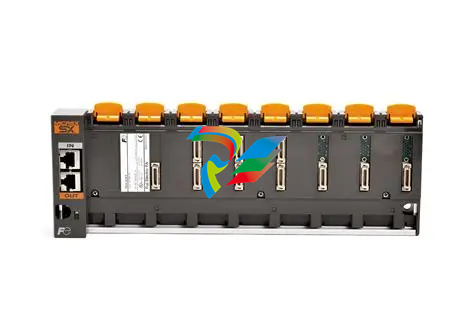
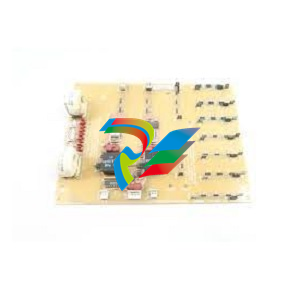
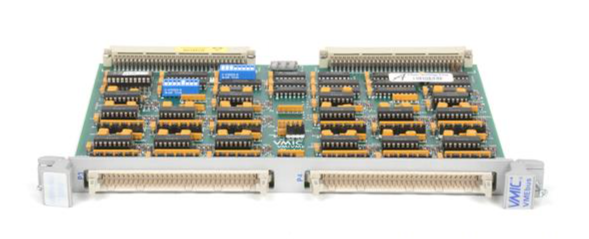
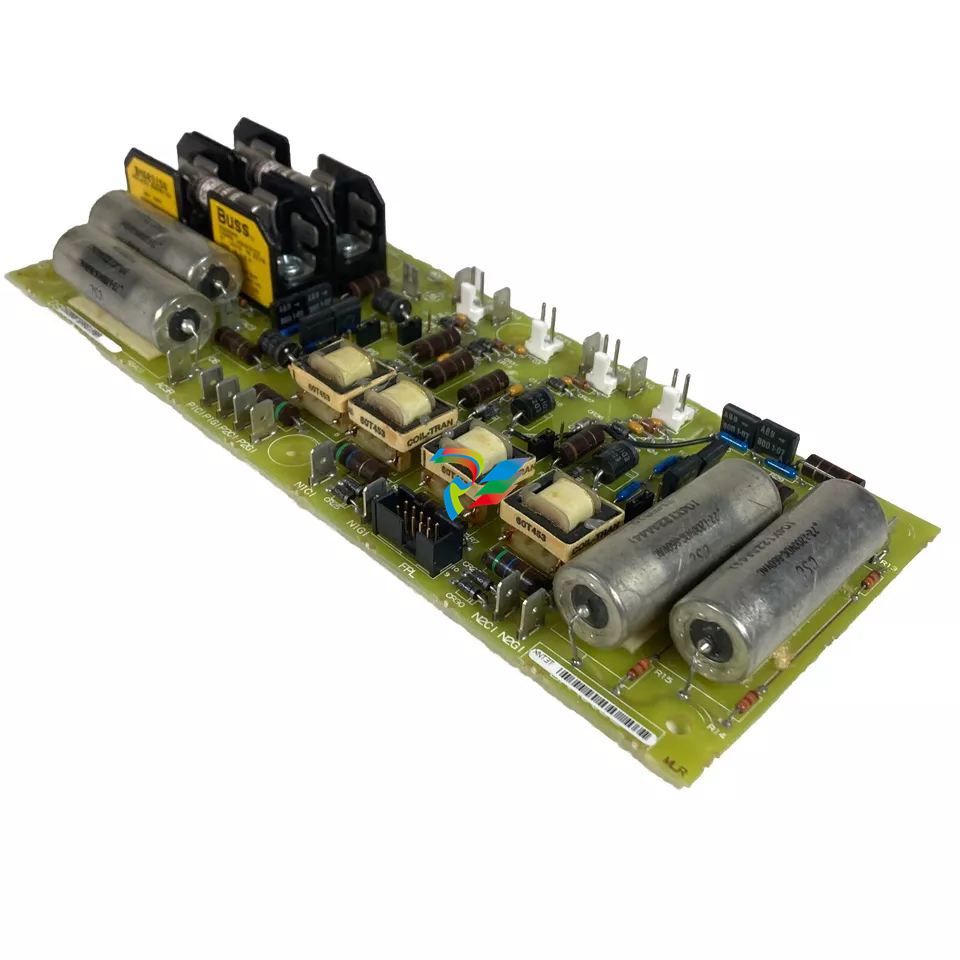
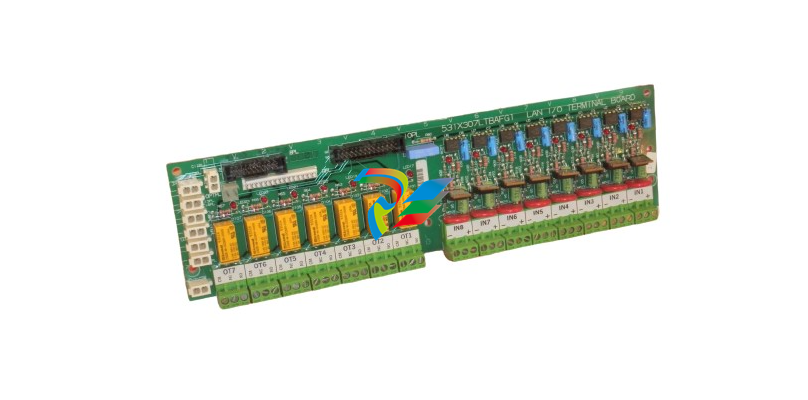


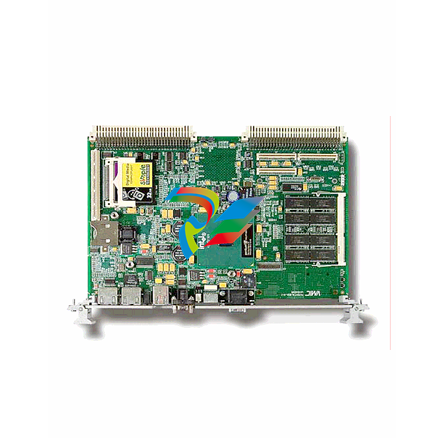
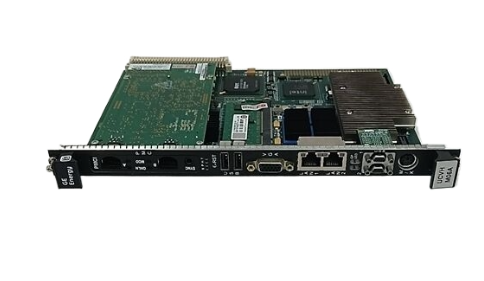
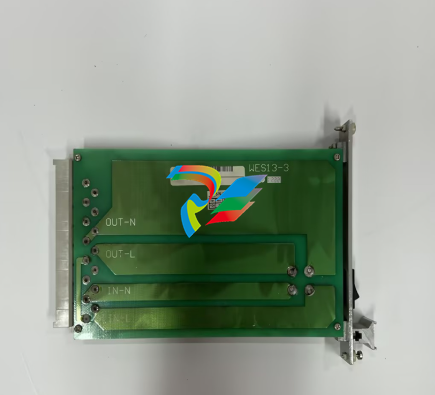
.jpg)
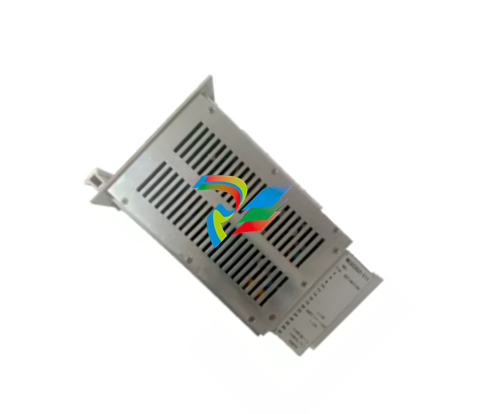
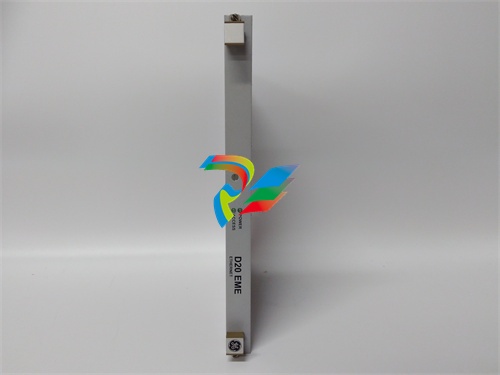
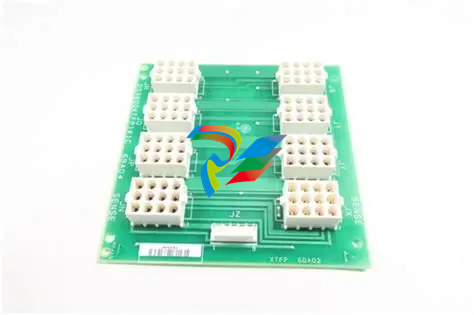
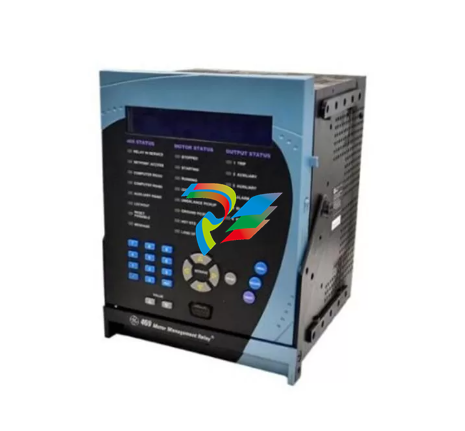
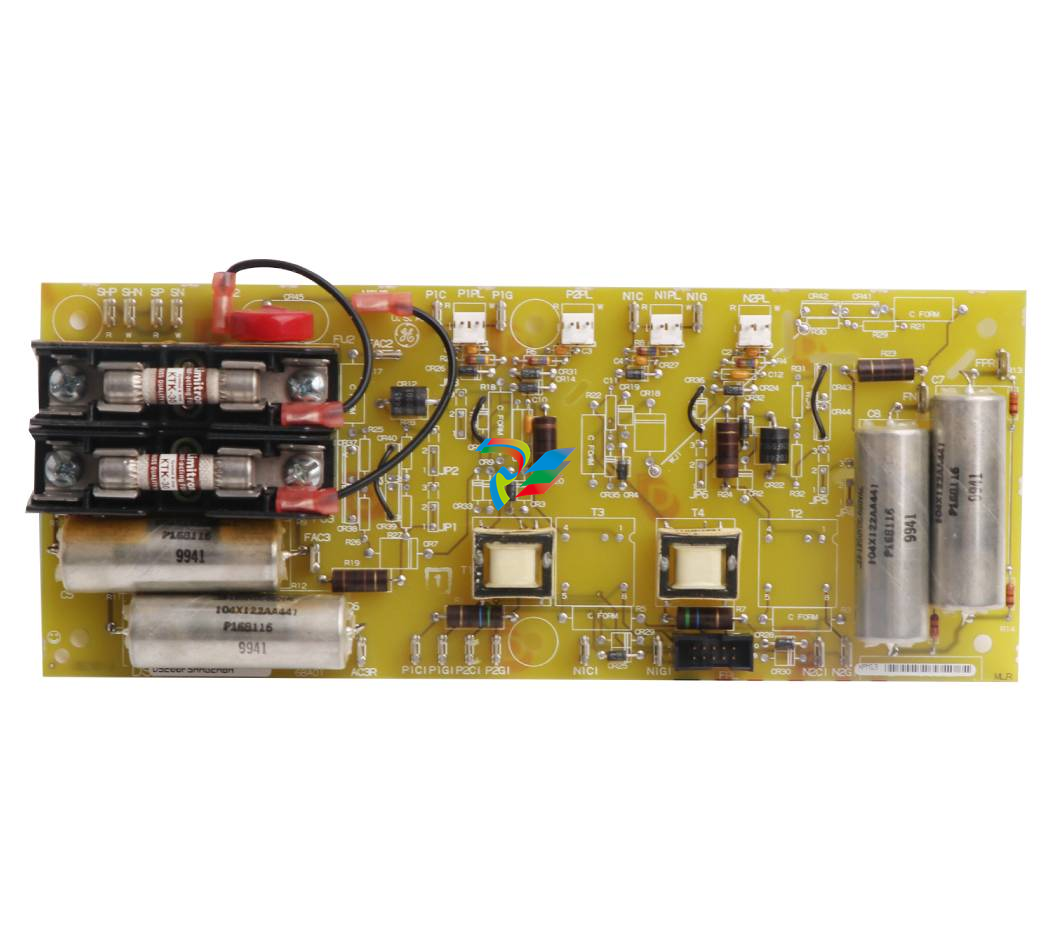
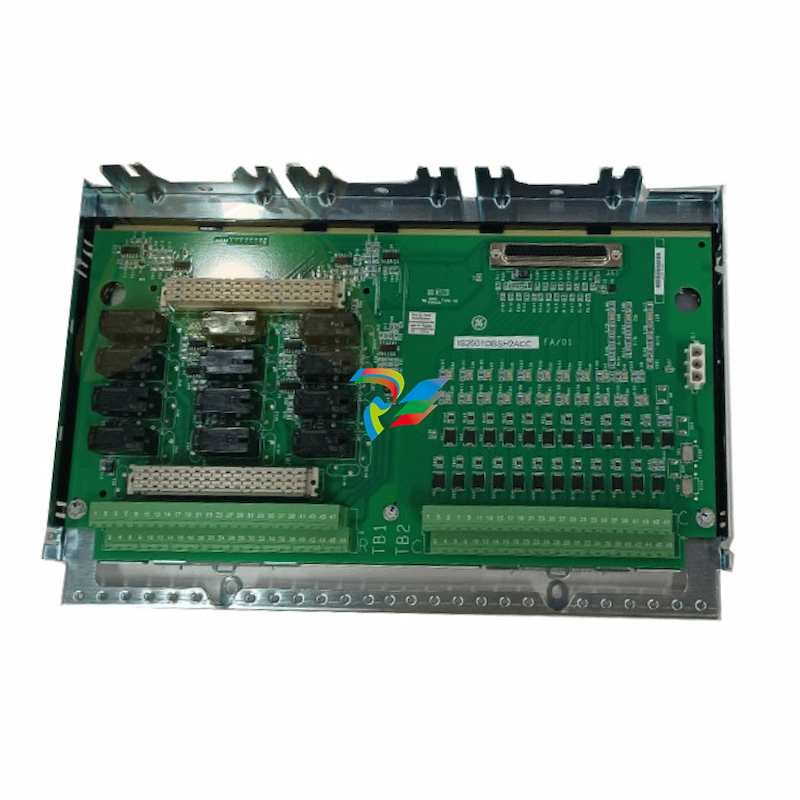
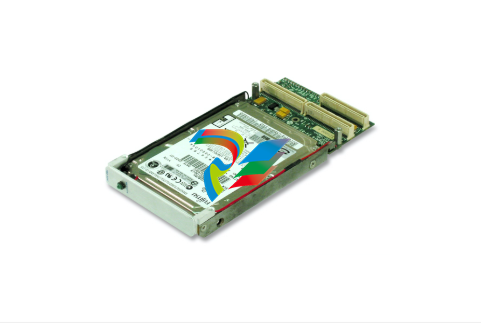
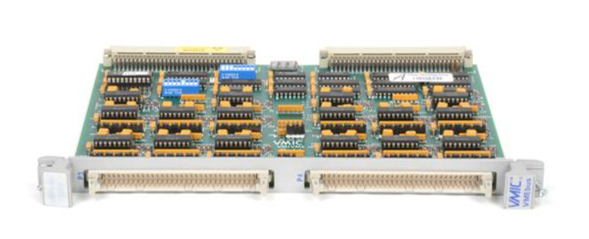
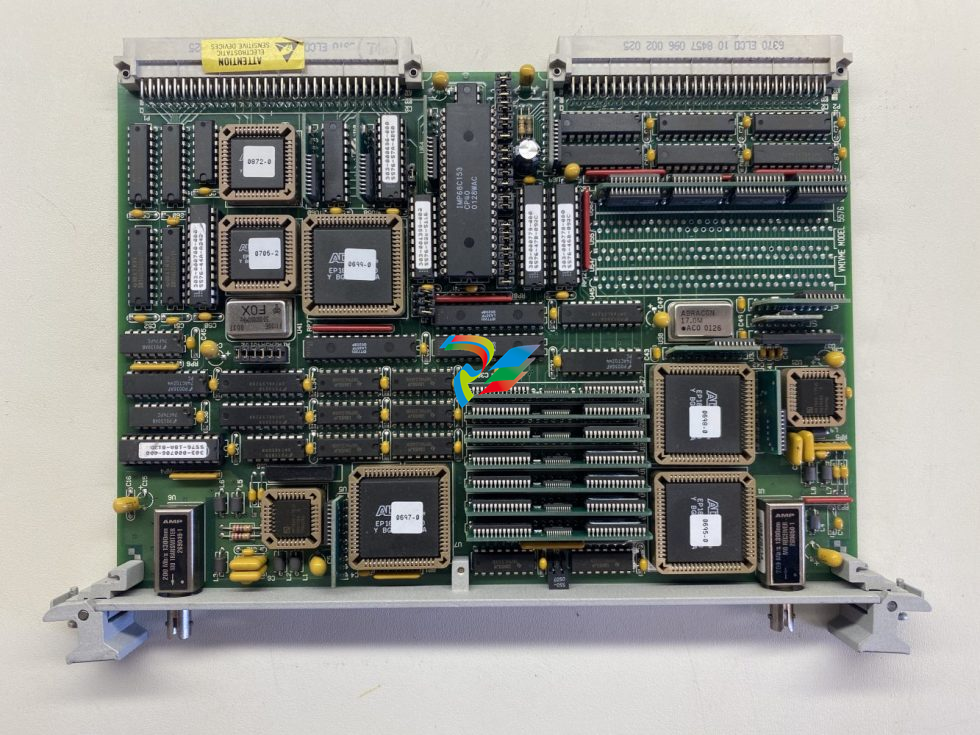
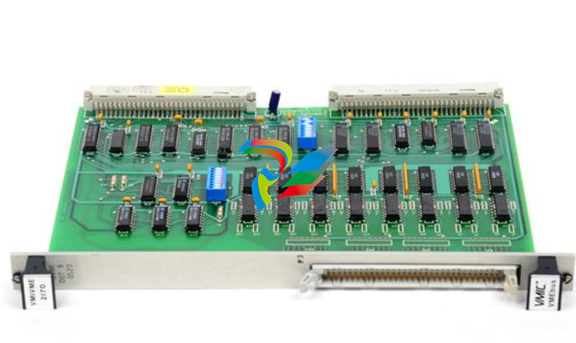
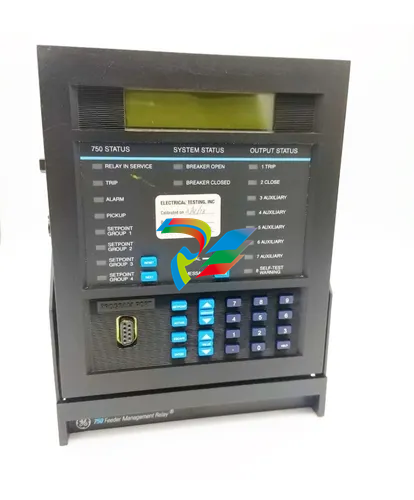
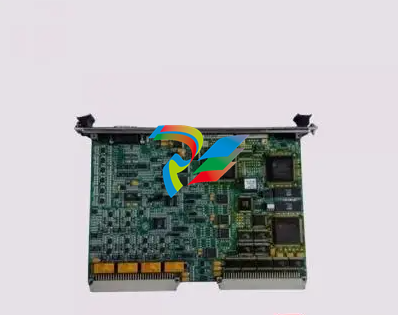
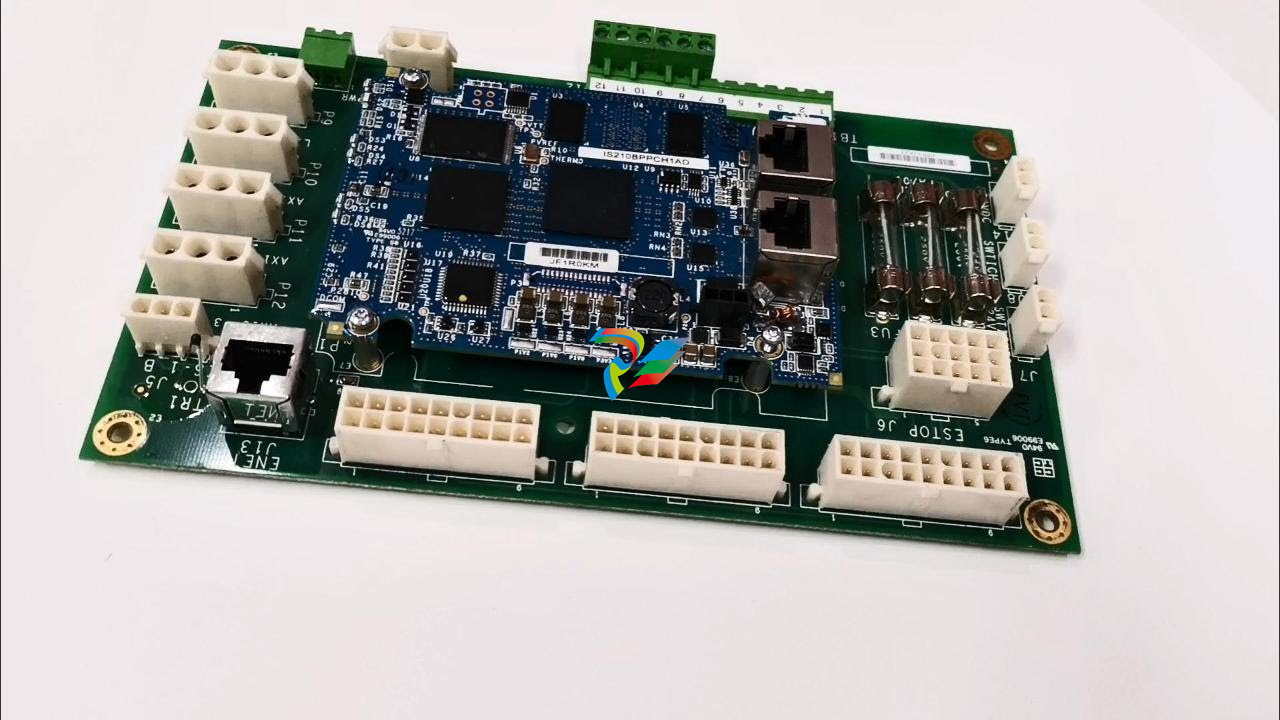
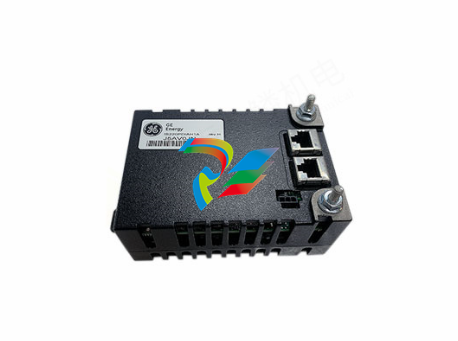
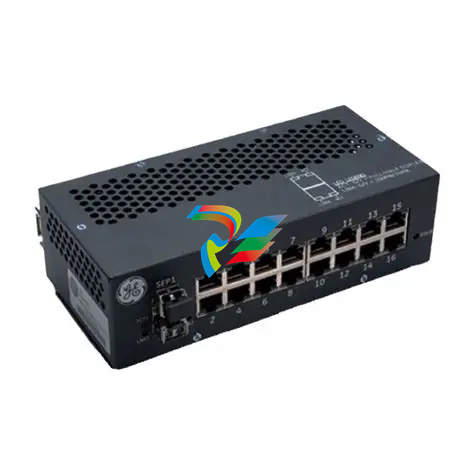
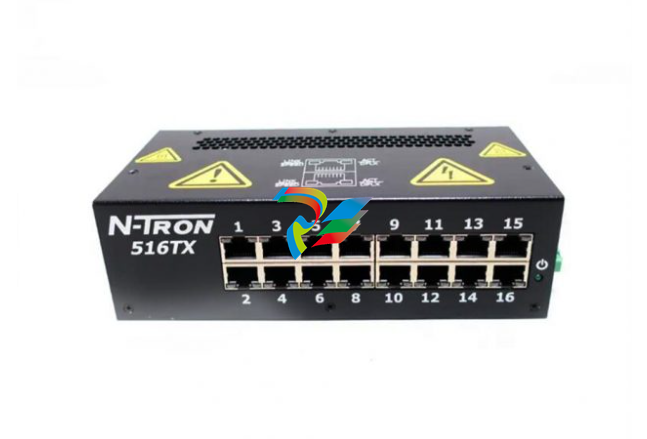
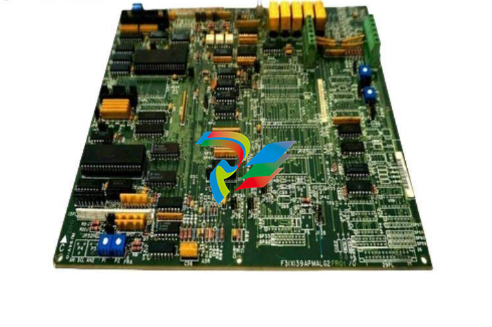
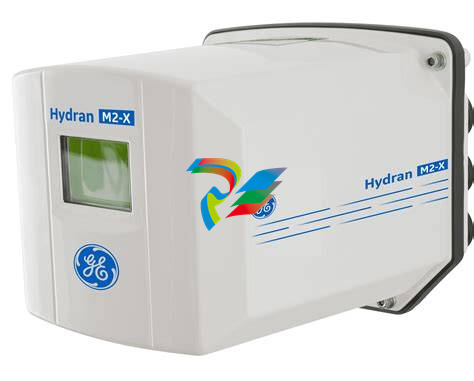
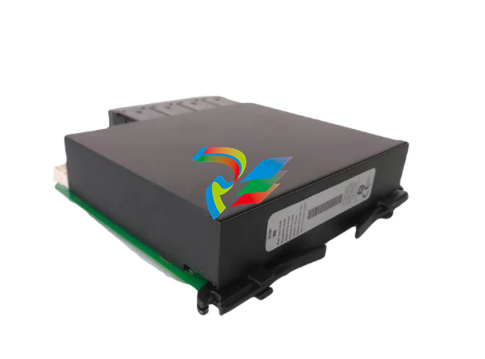
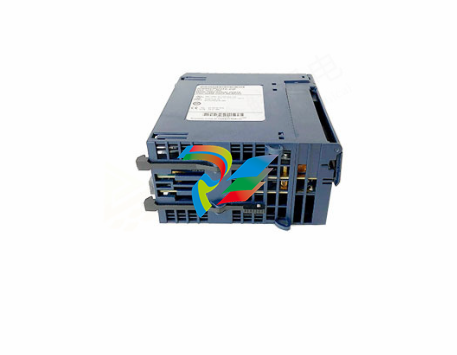
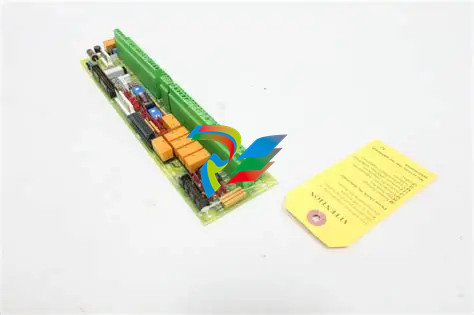
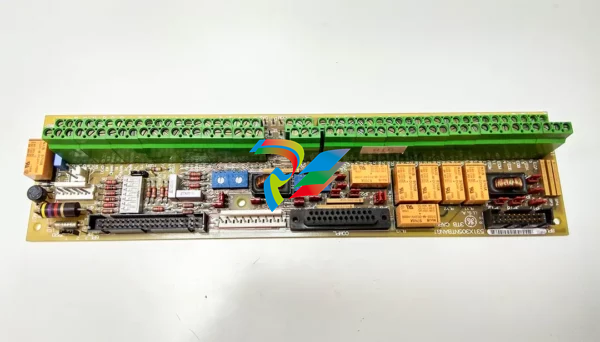
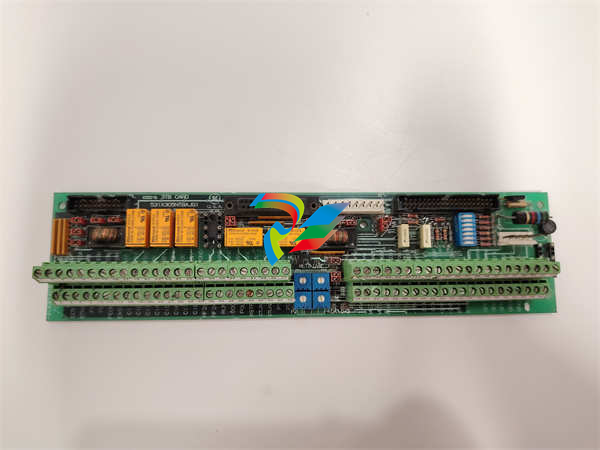
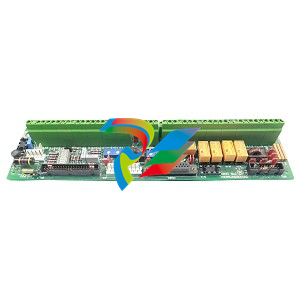
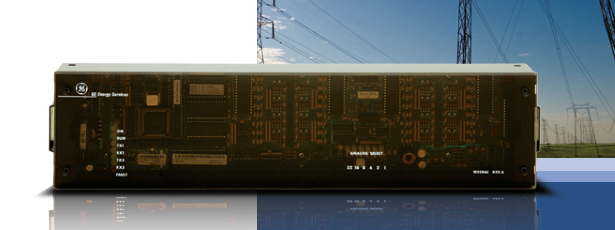
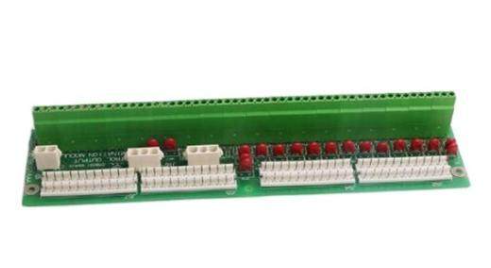
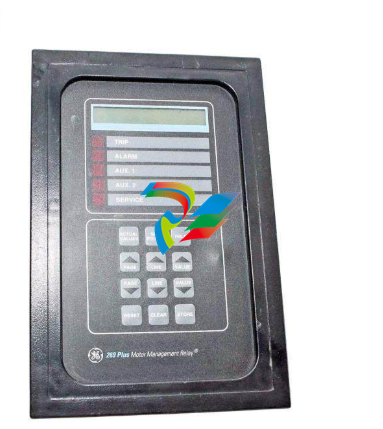
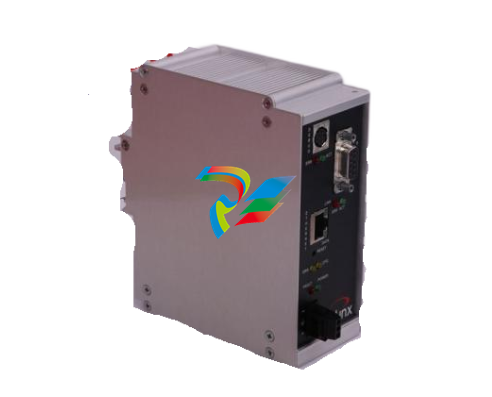
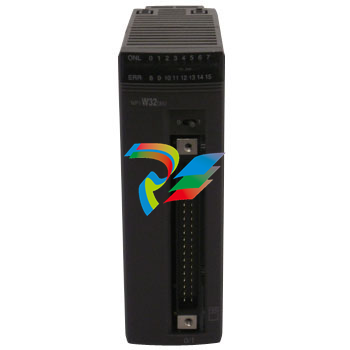
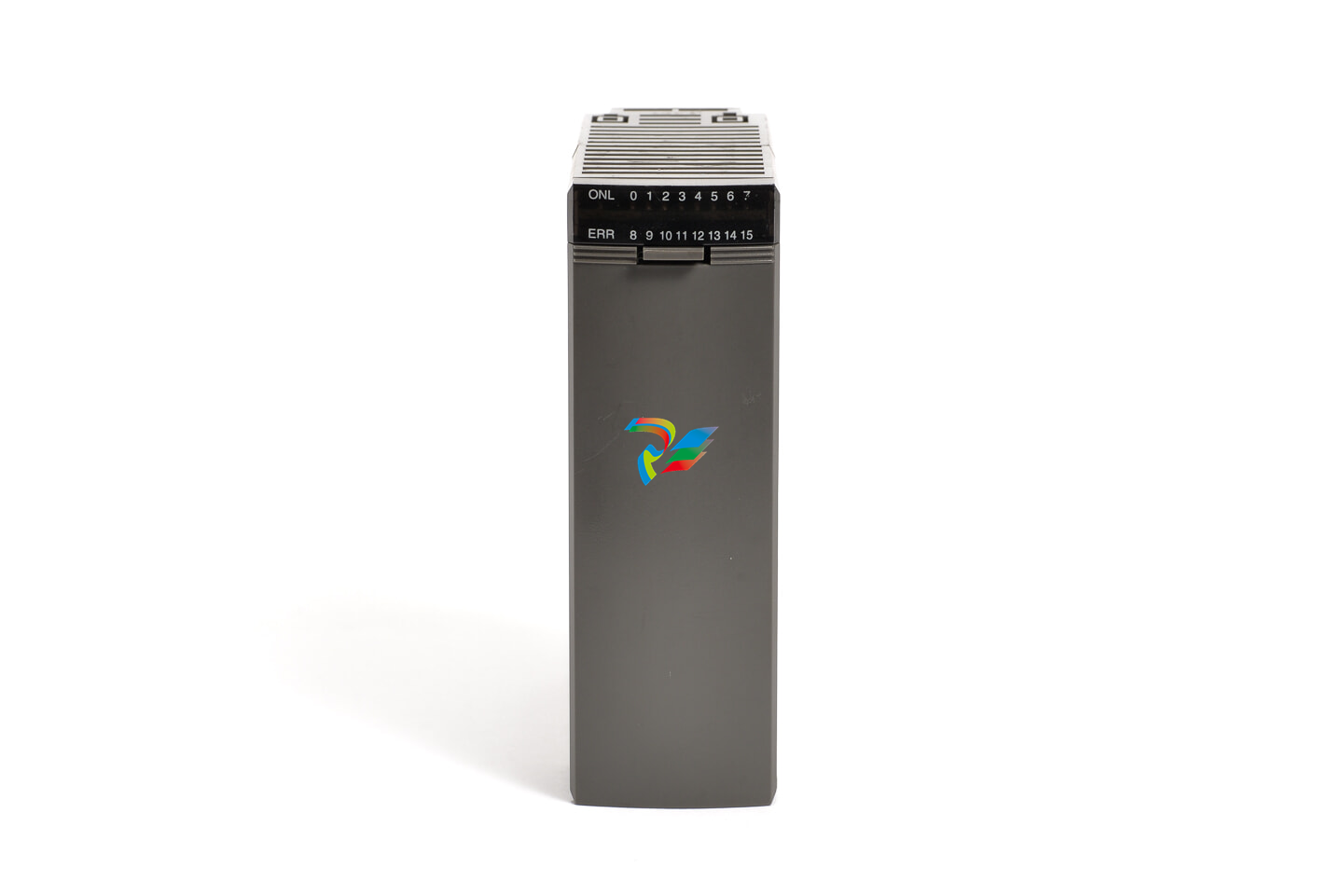
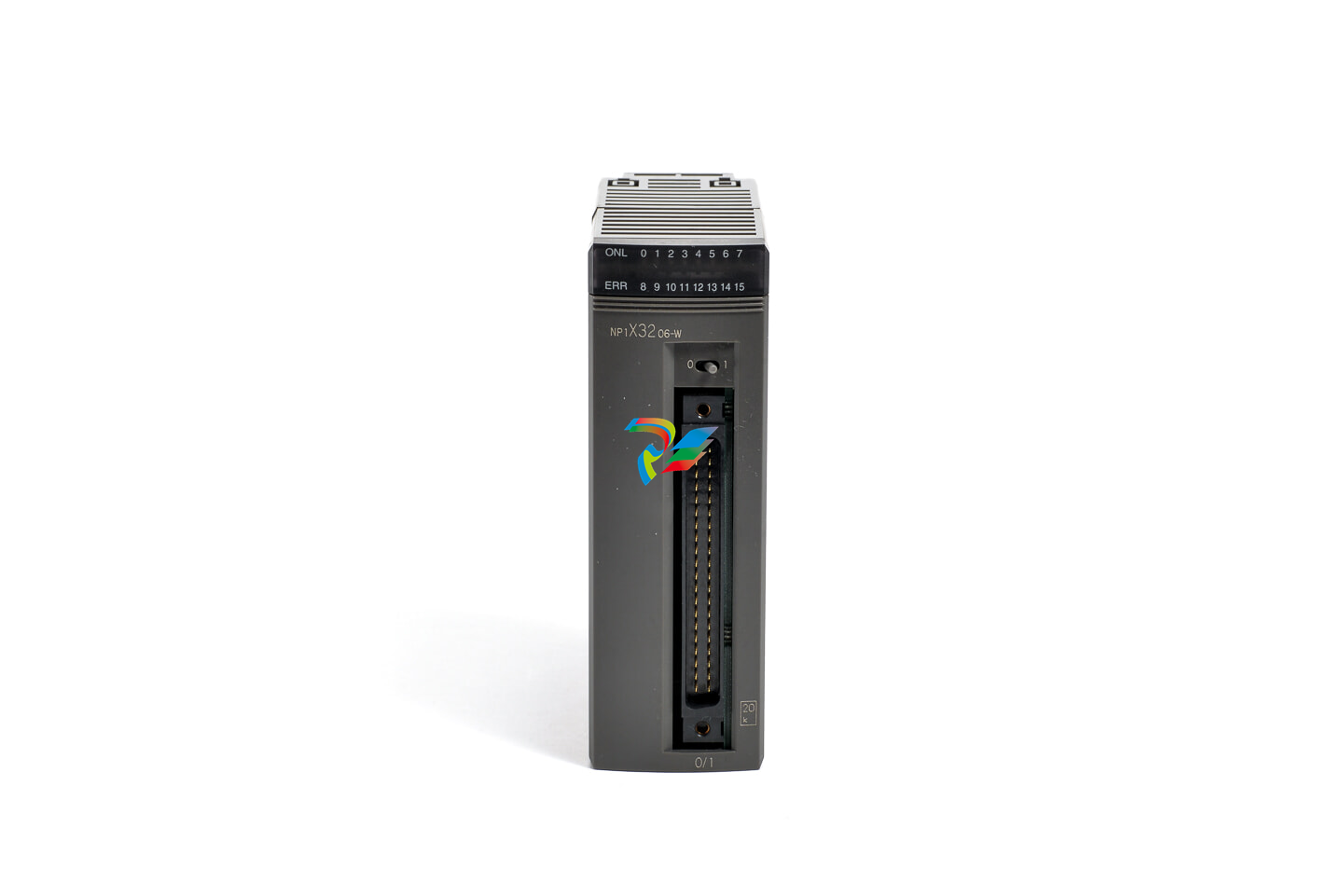
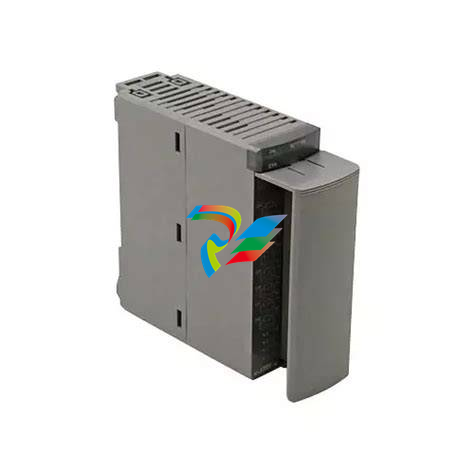
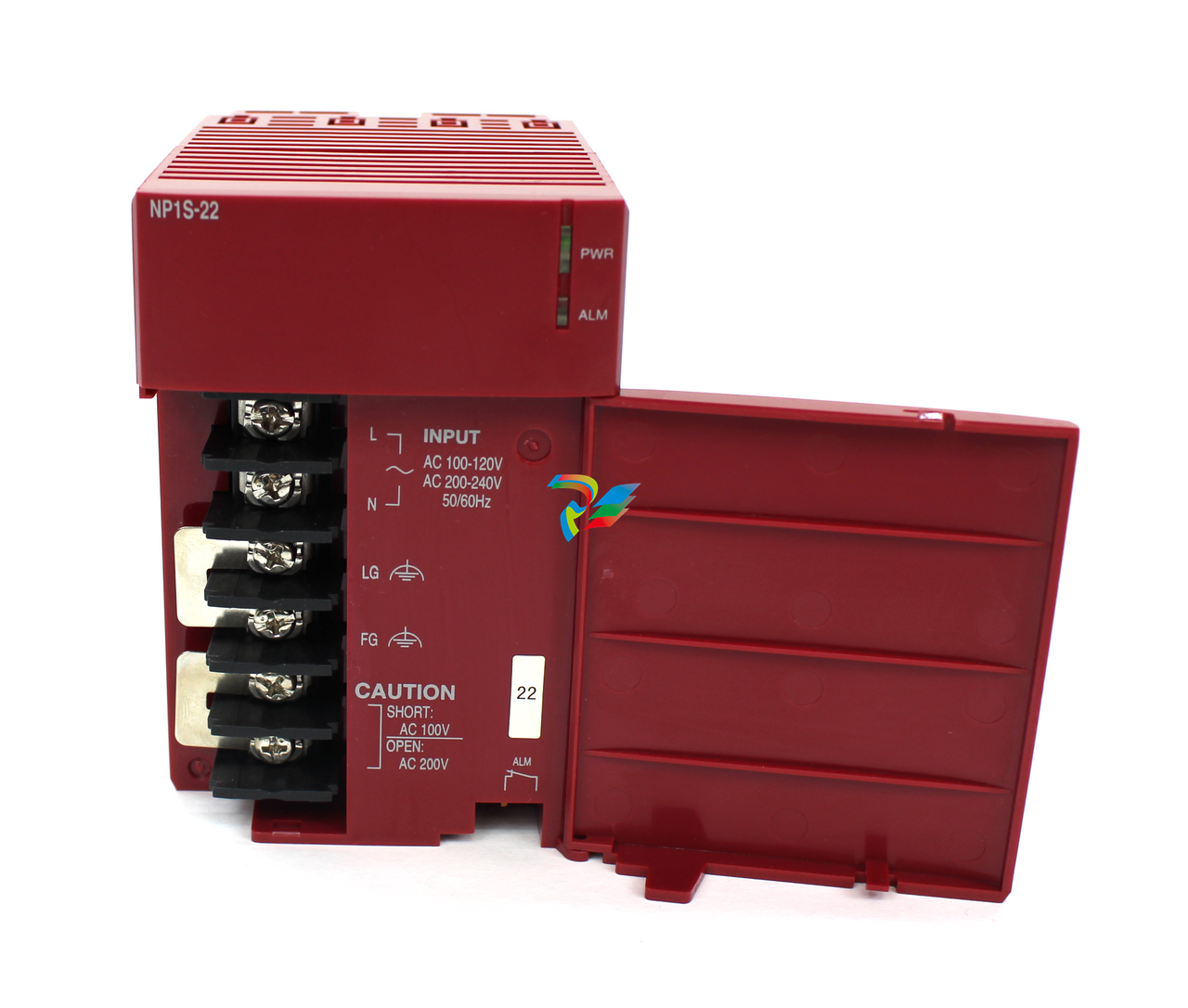
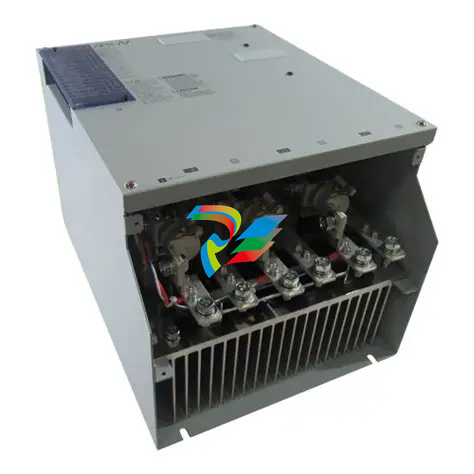
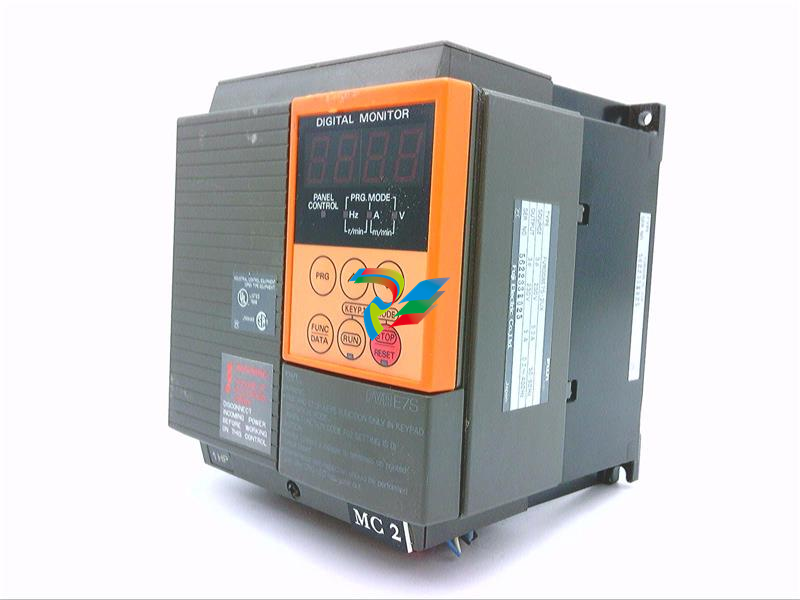
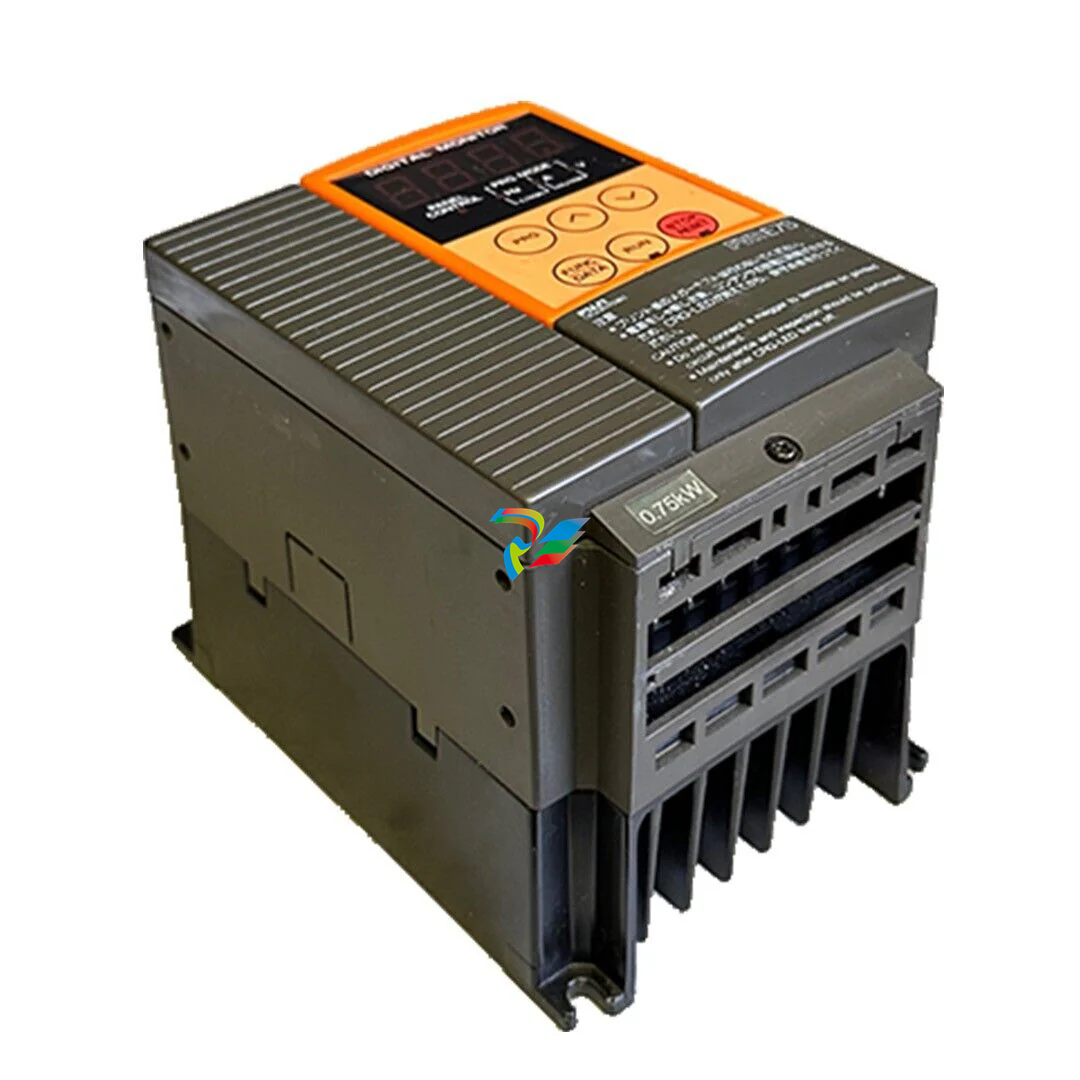
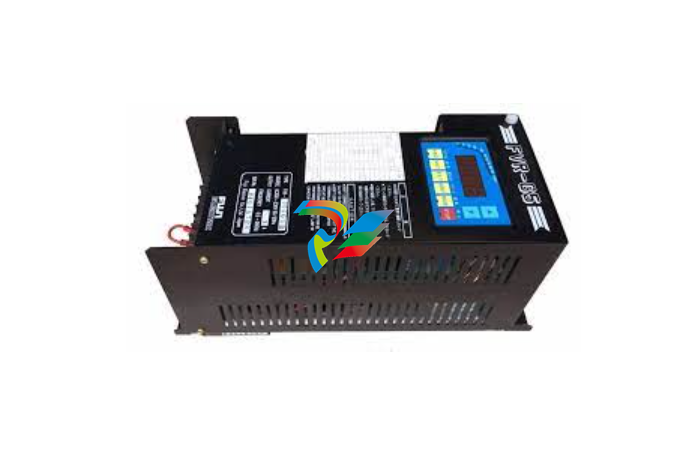
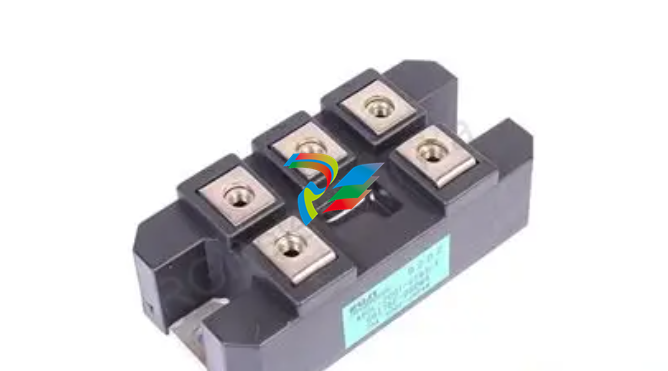
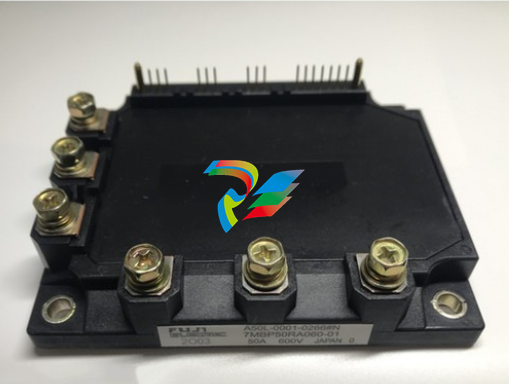
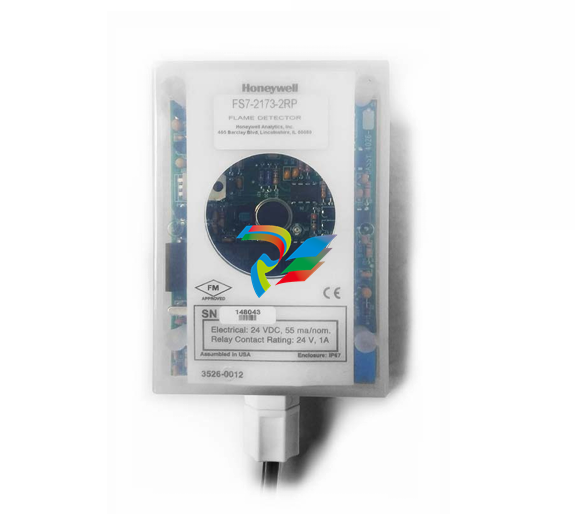
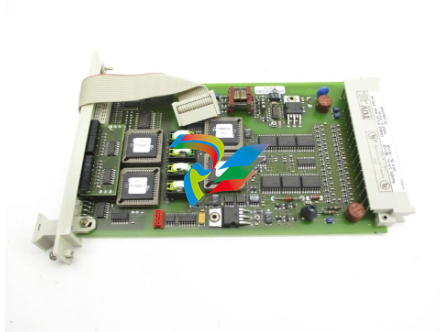
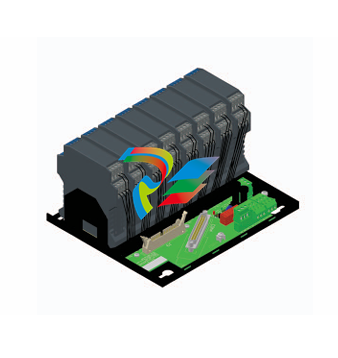
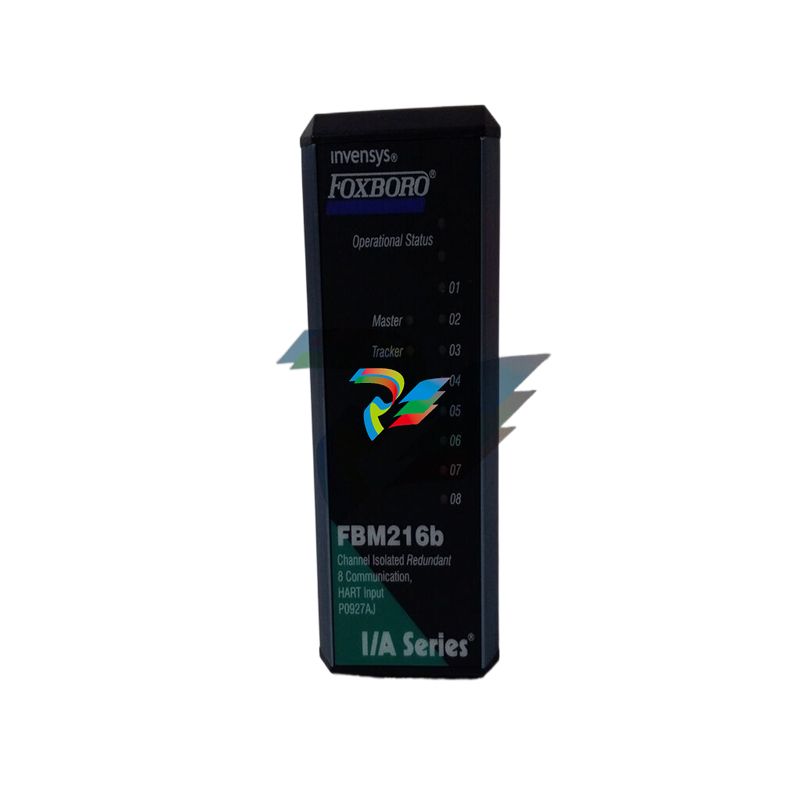
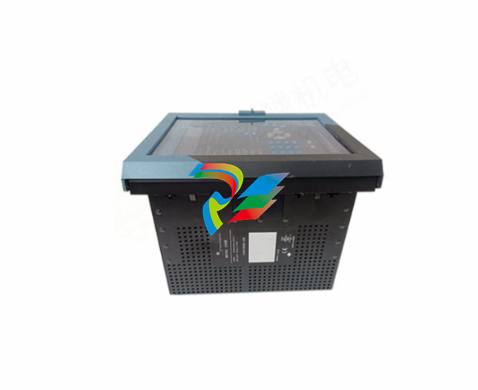
.jpg)
.jpg)

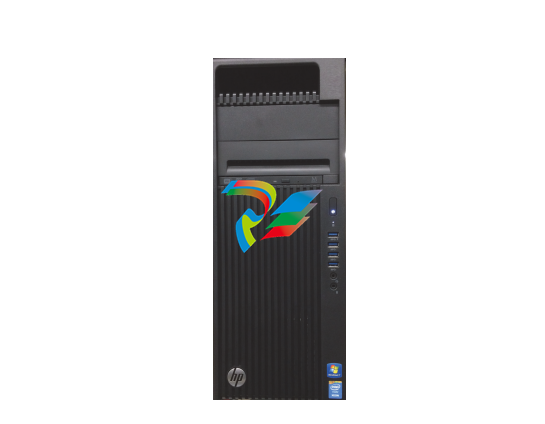

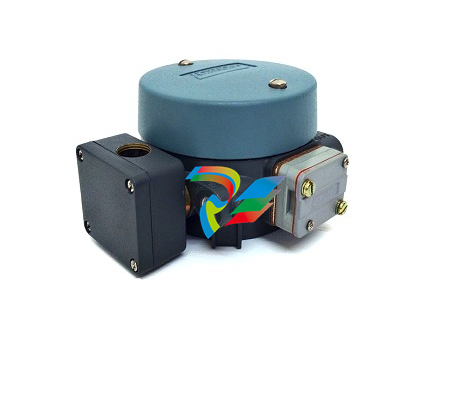
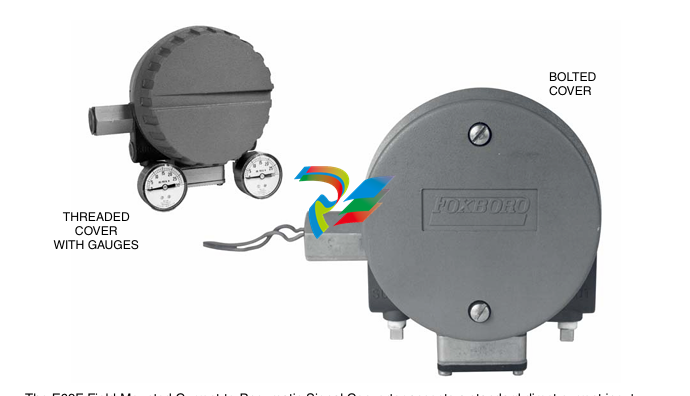
.jpg)
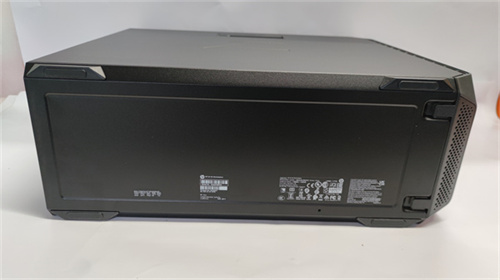
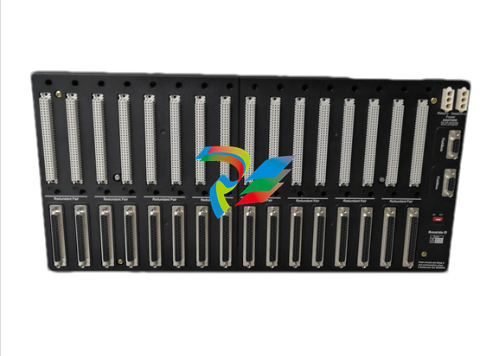
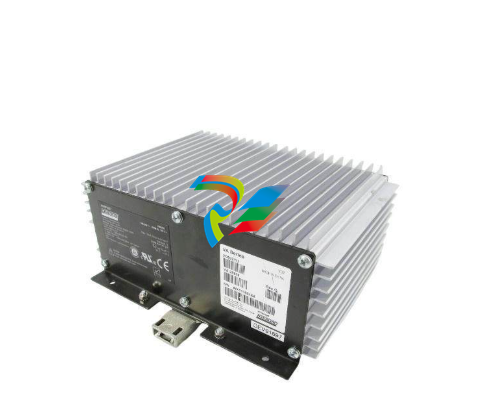
.png)
.jpg)
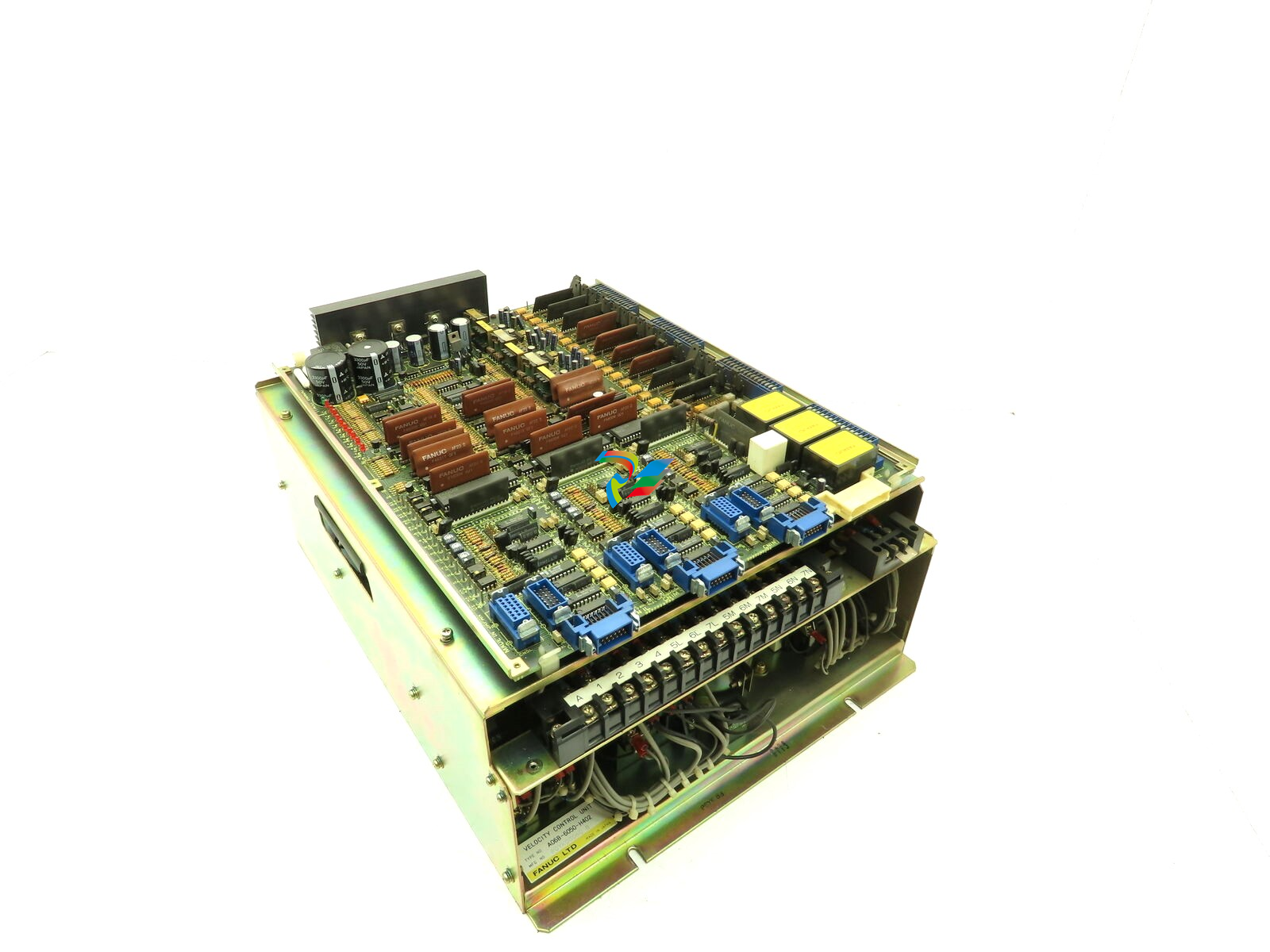
.jpg)
_lVjBYb.jpg)
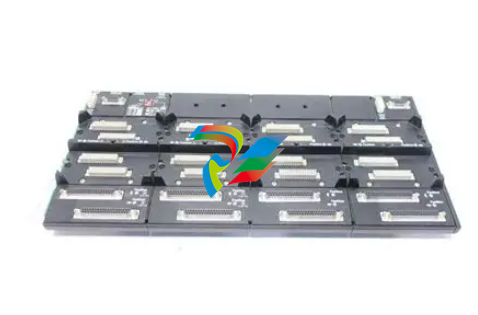
.jpg)
.jpg)
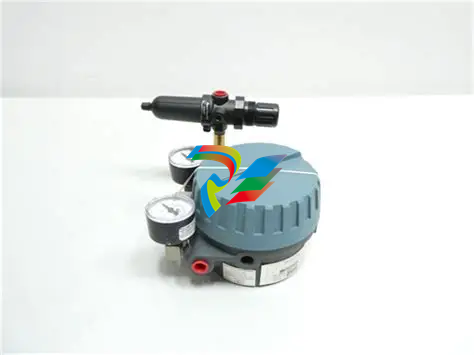
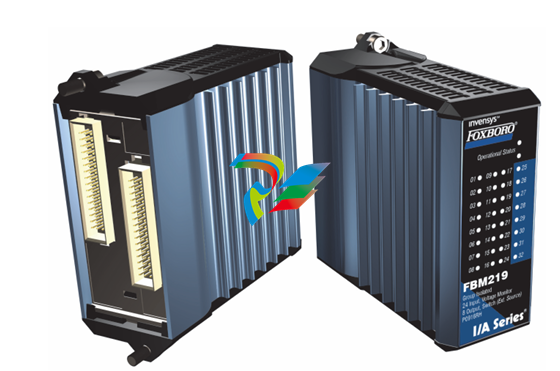
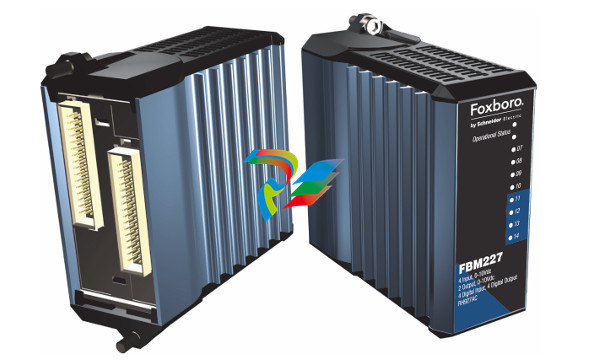
.jpg)
.jpg)
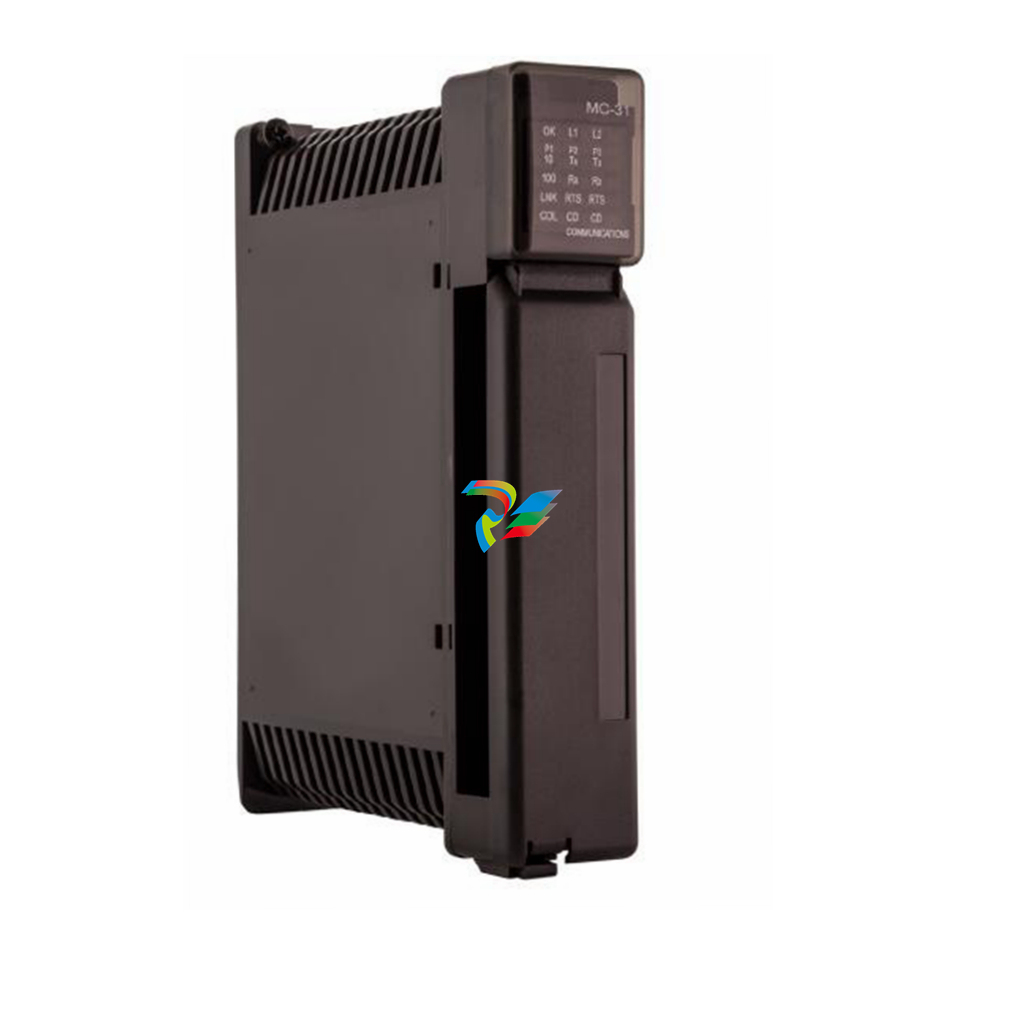
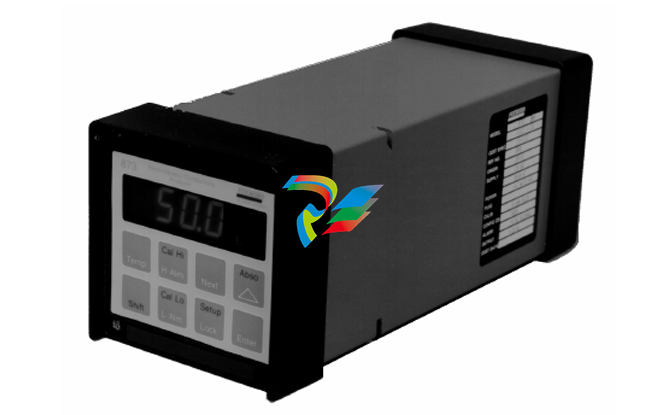
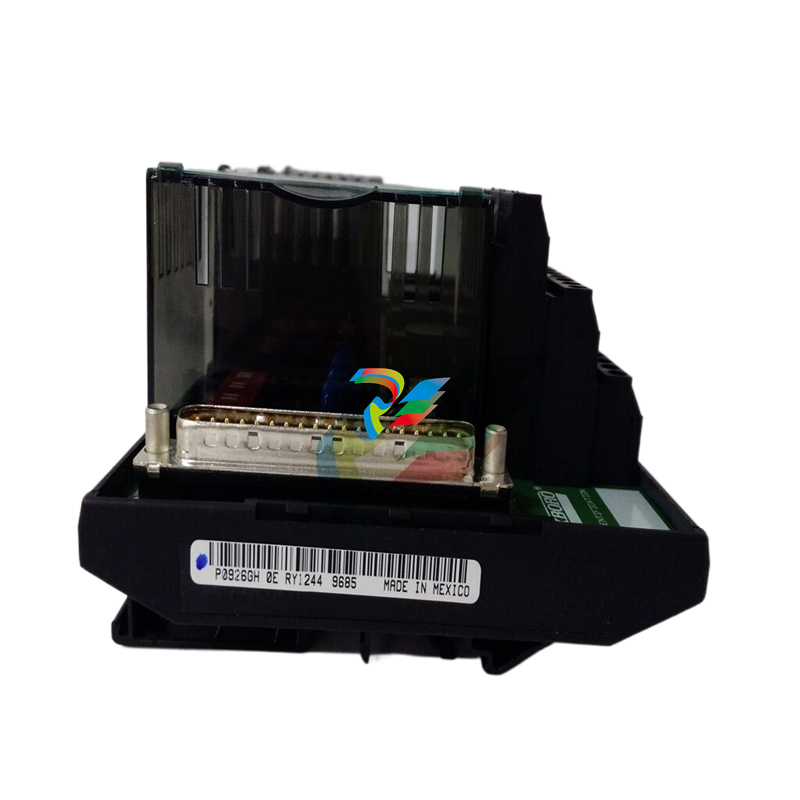
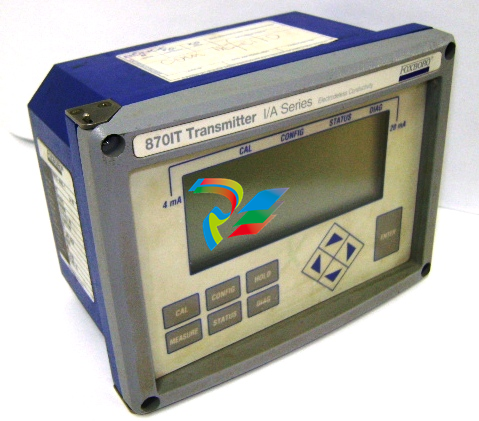
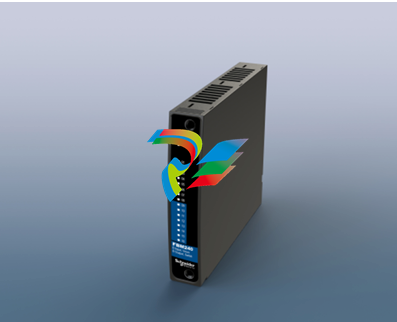
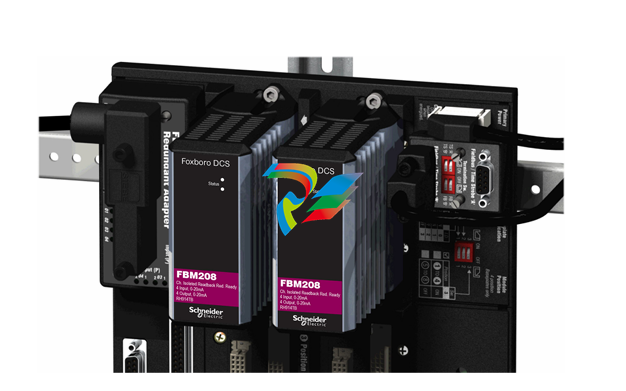
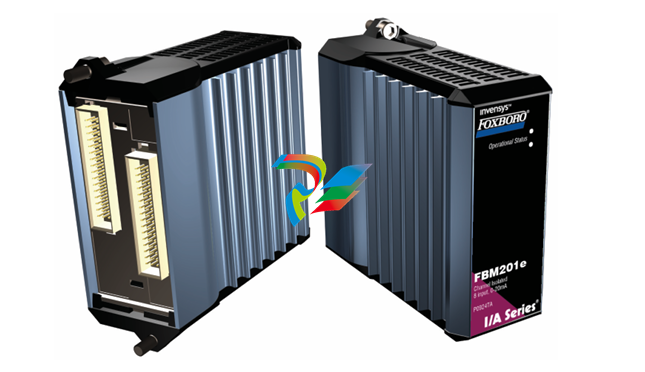
.jpg)
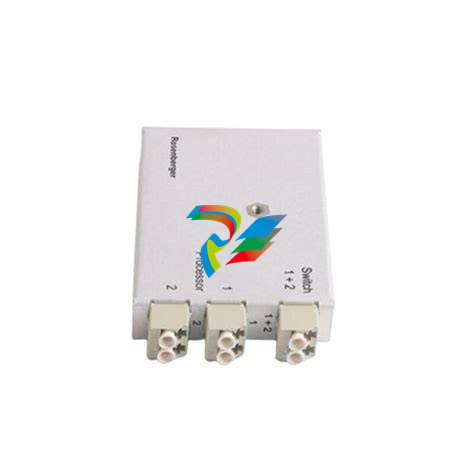
.jpg)
.jpg)
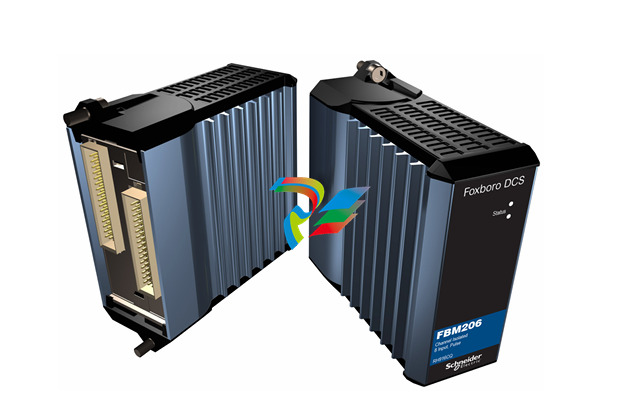
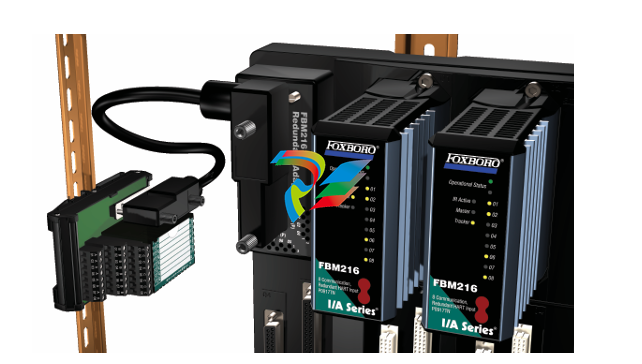
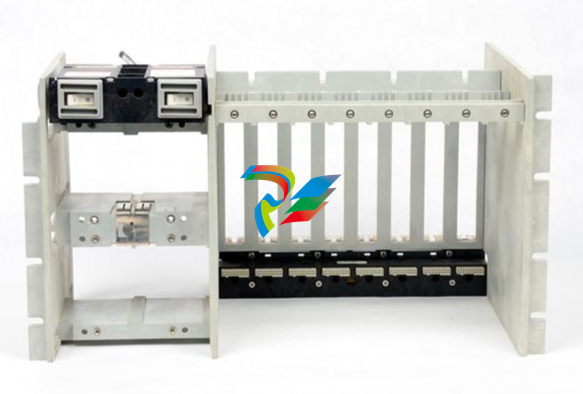
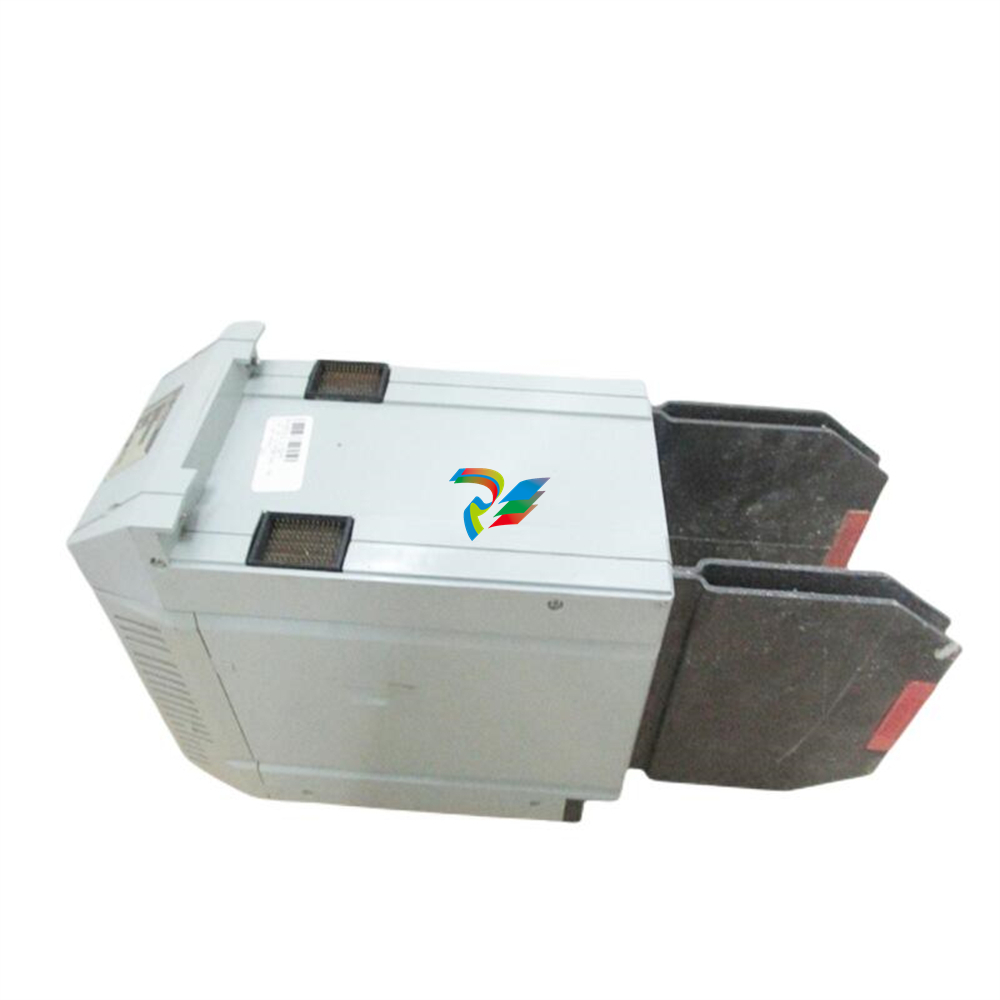
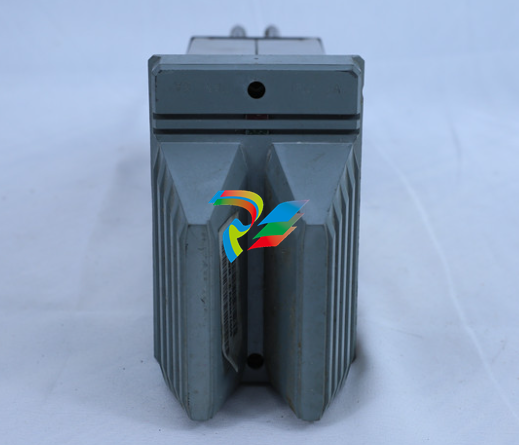
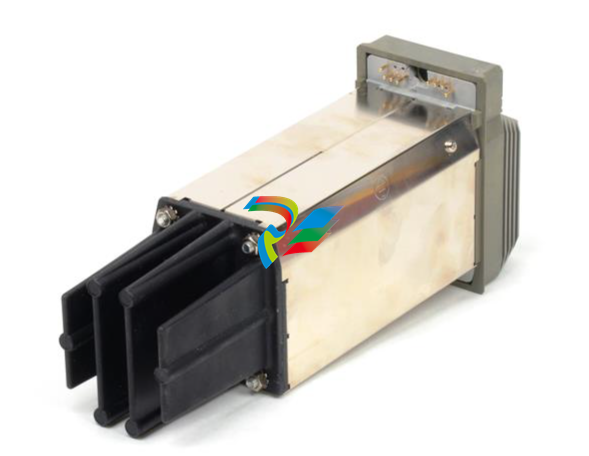
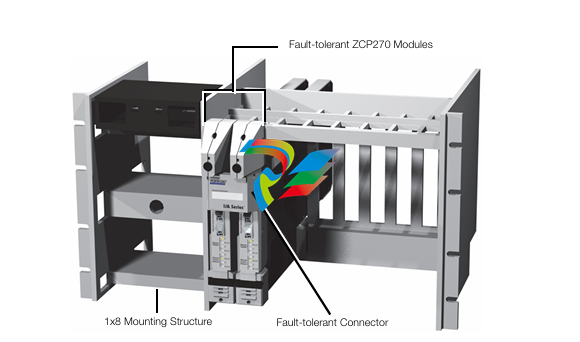
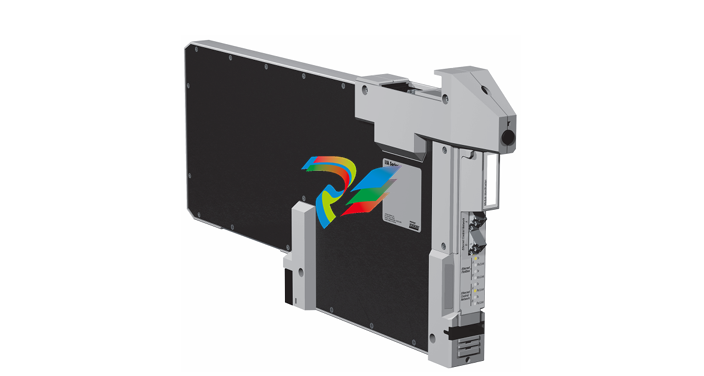
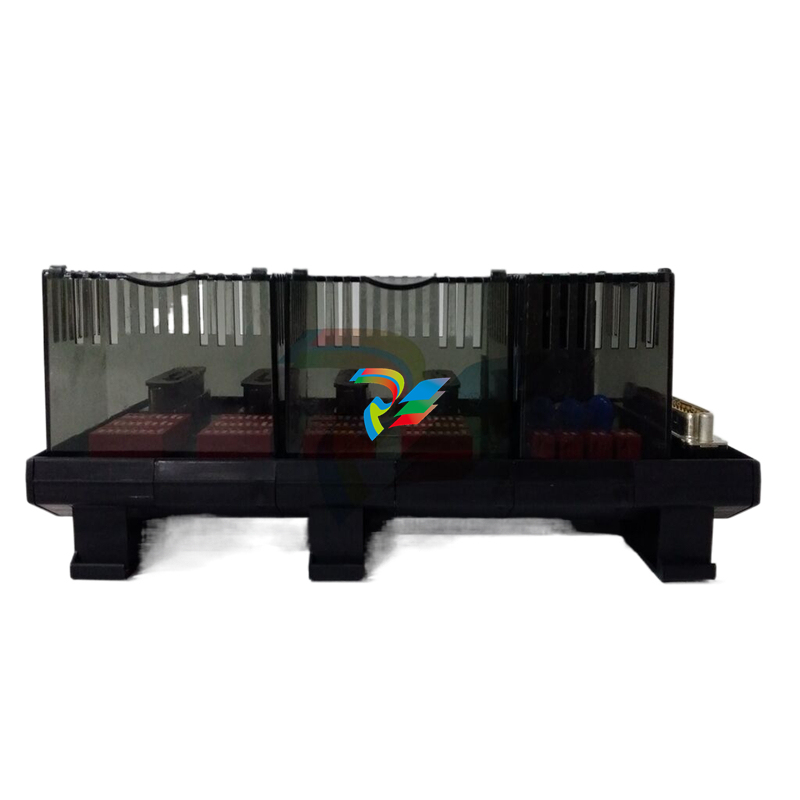
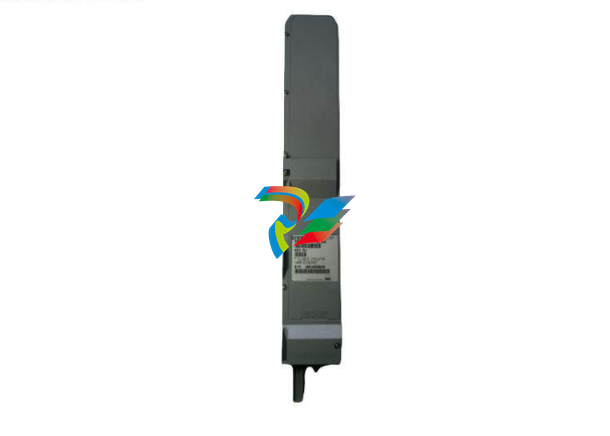
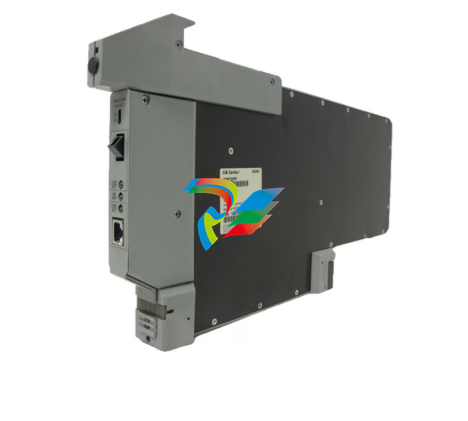
.jpg)
